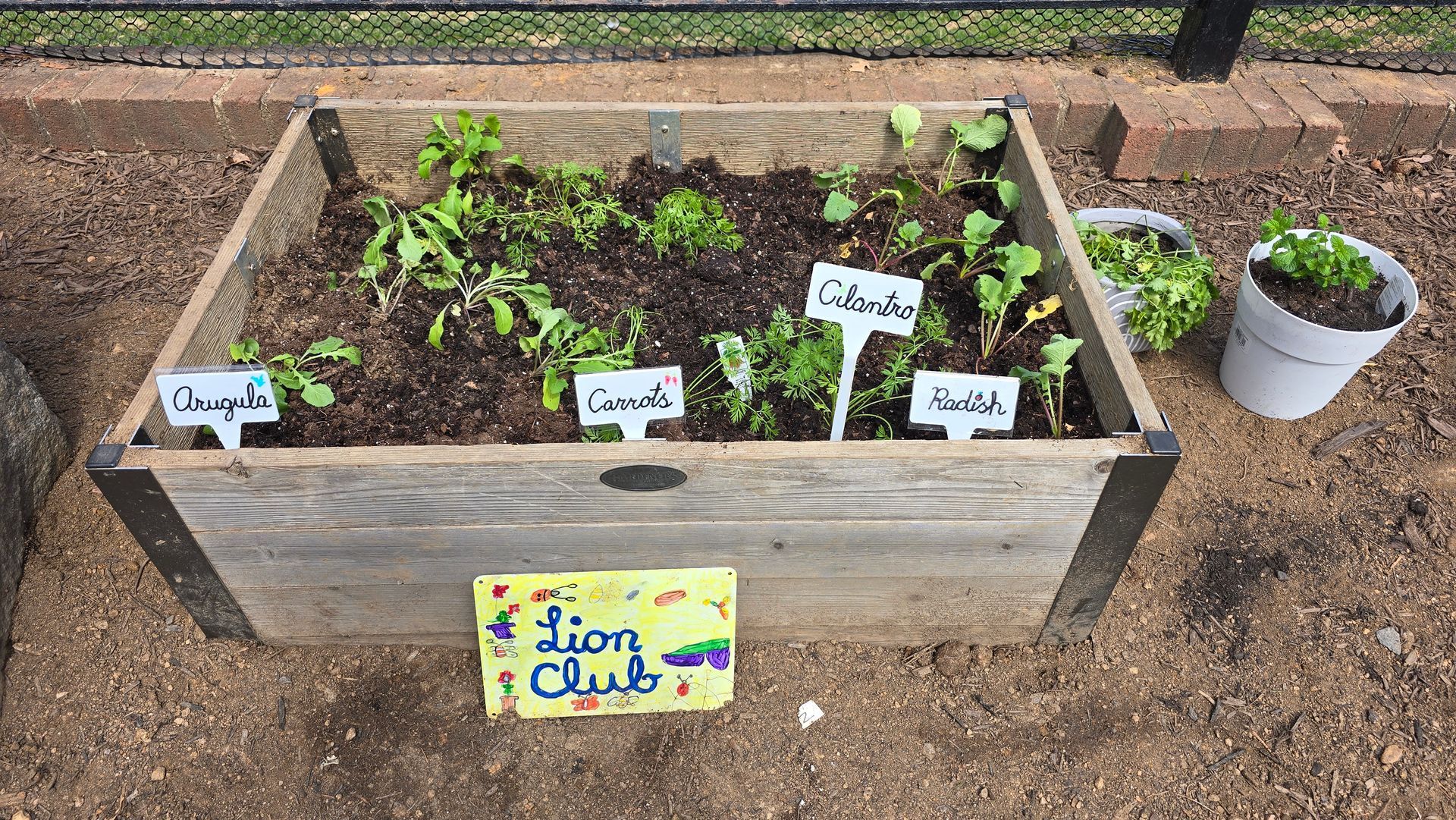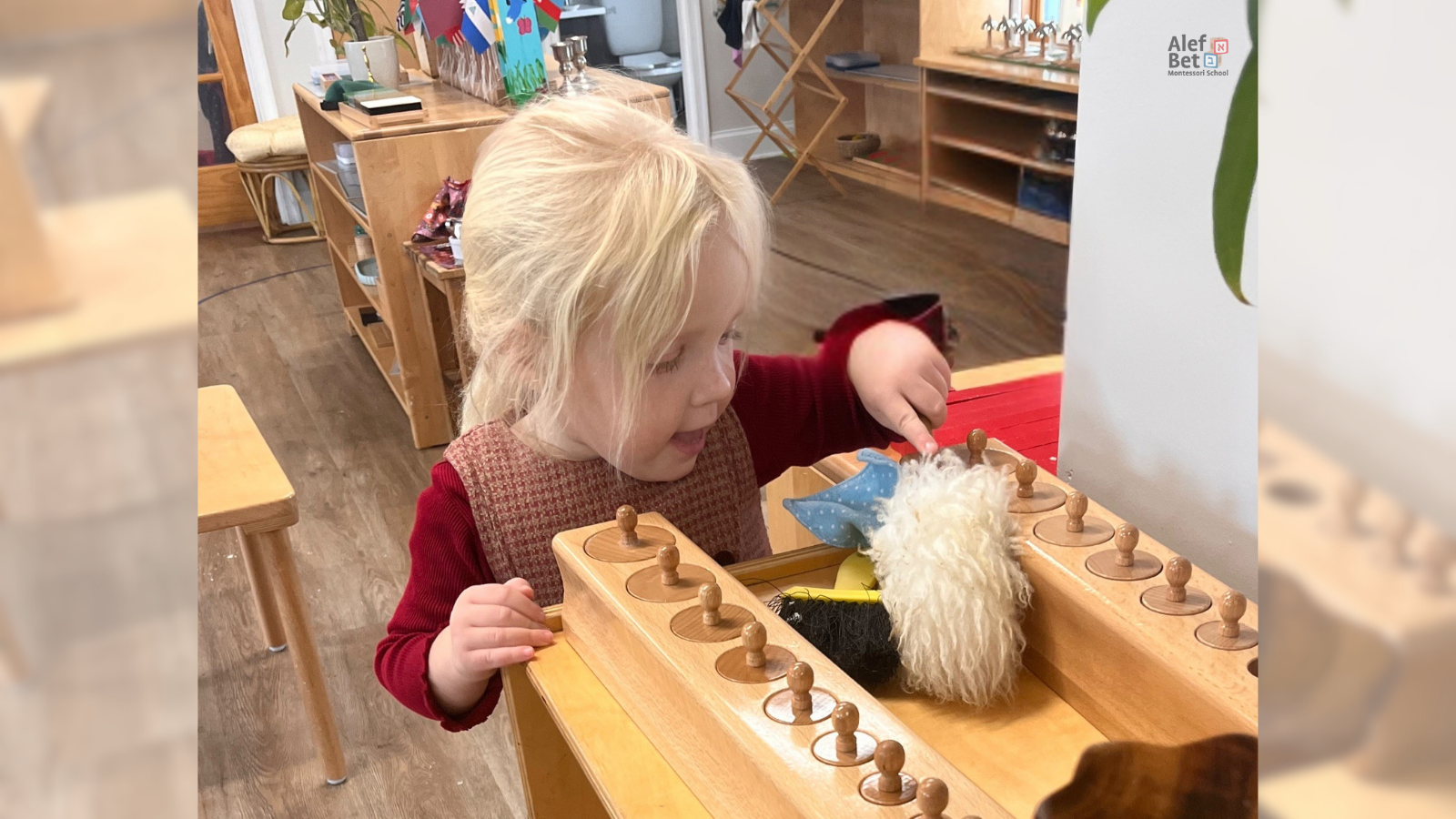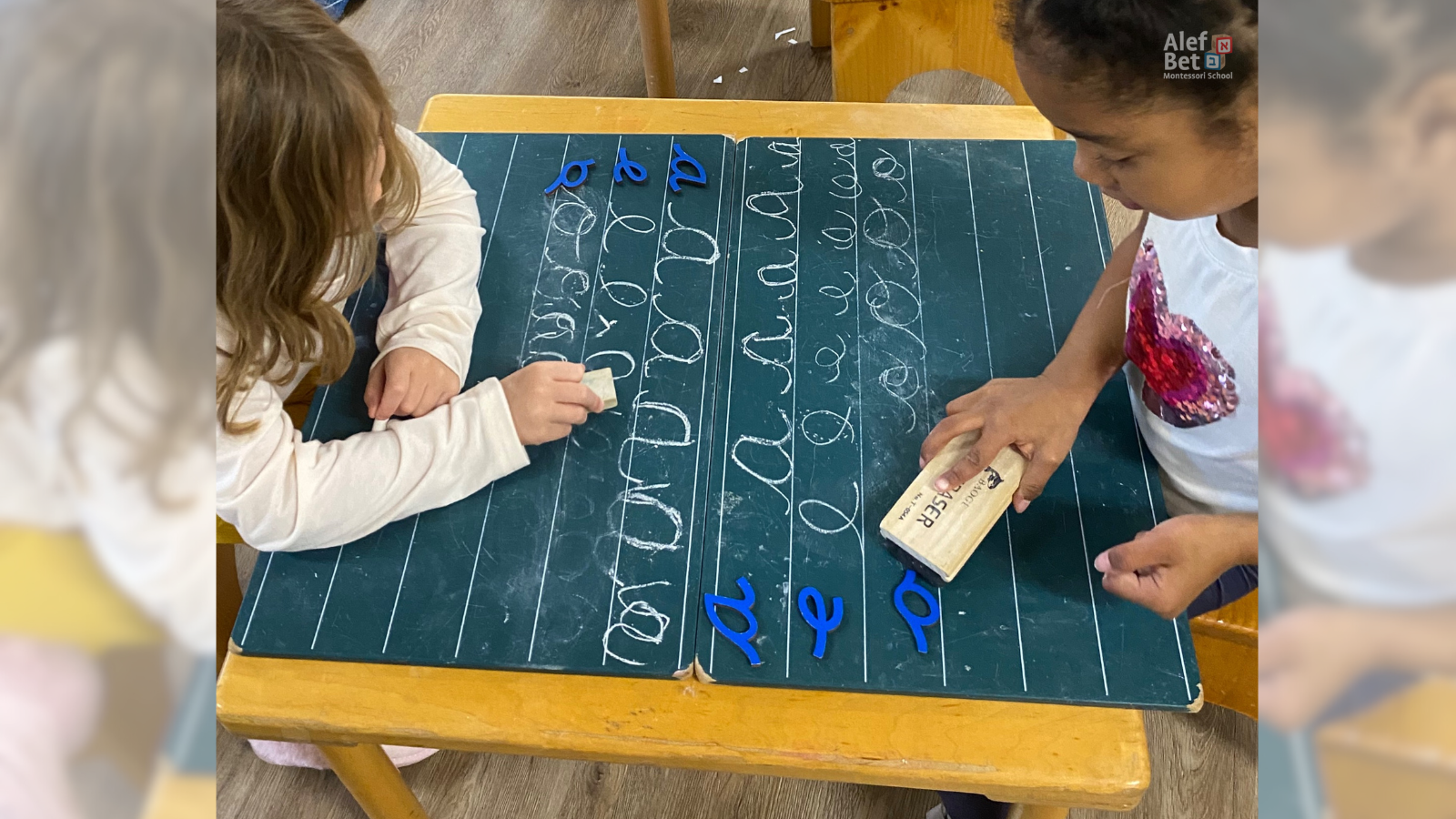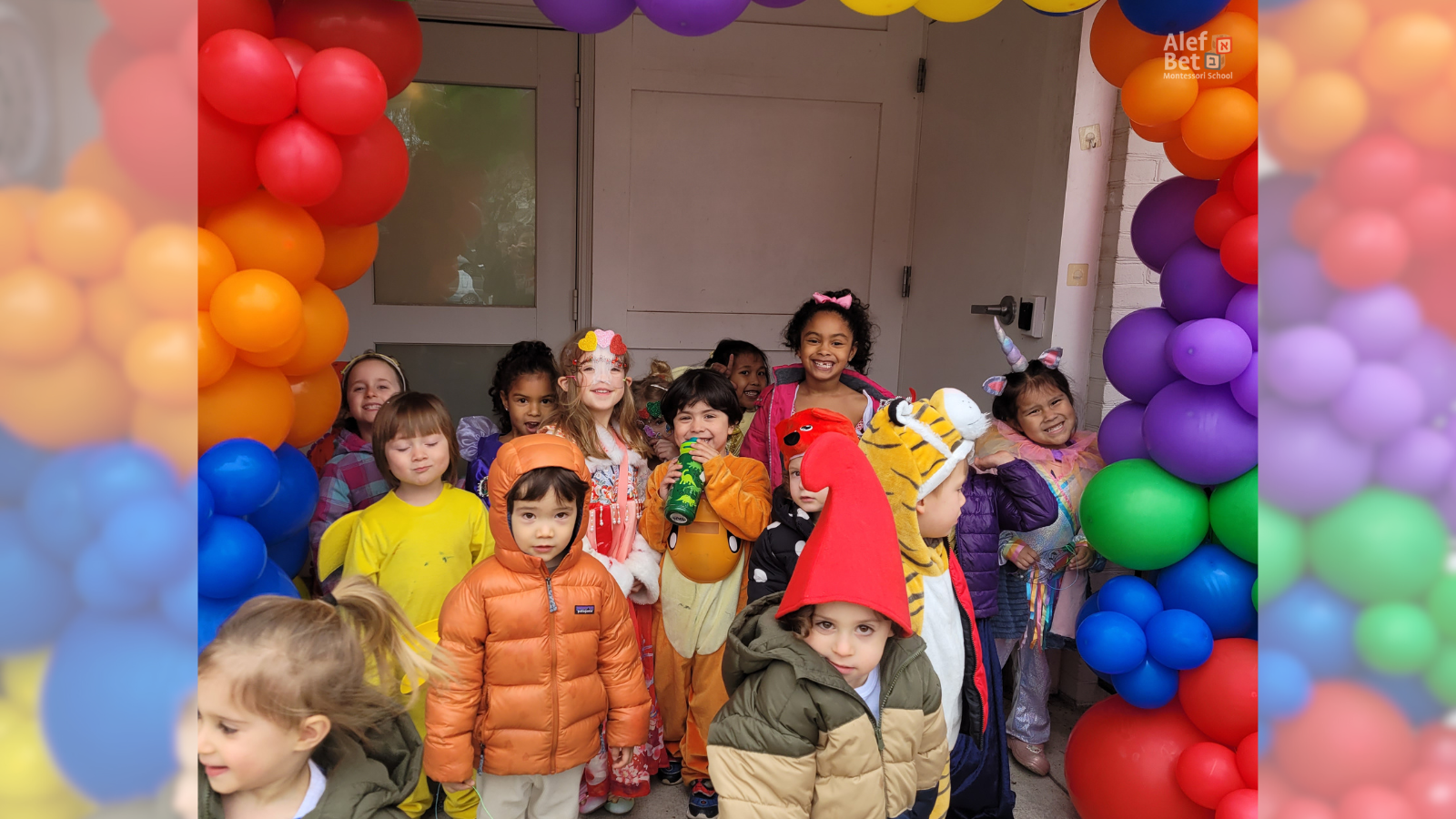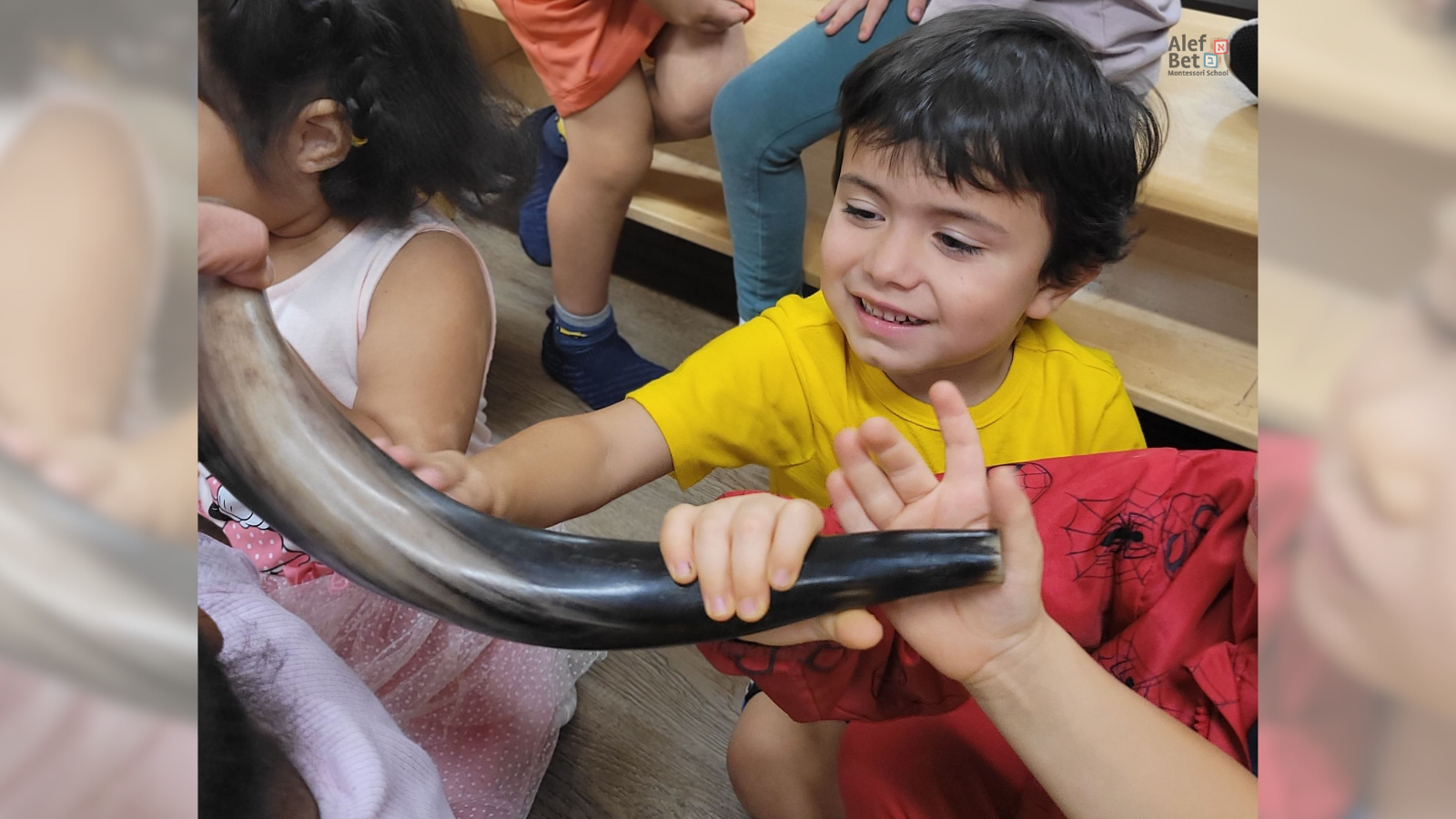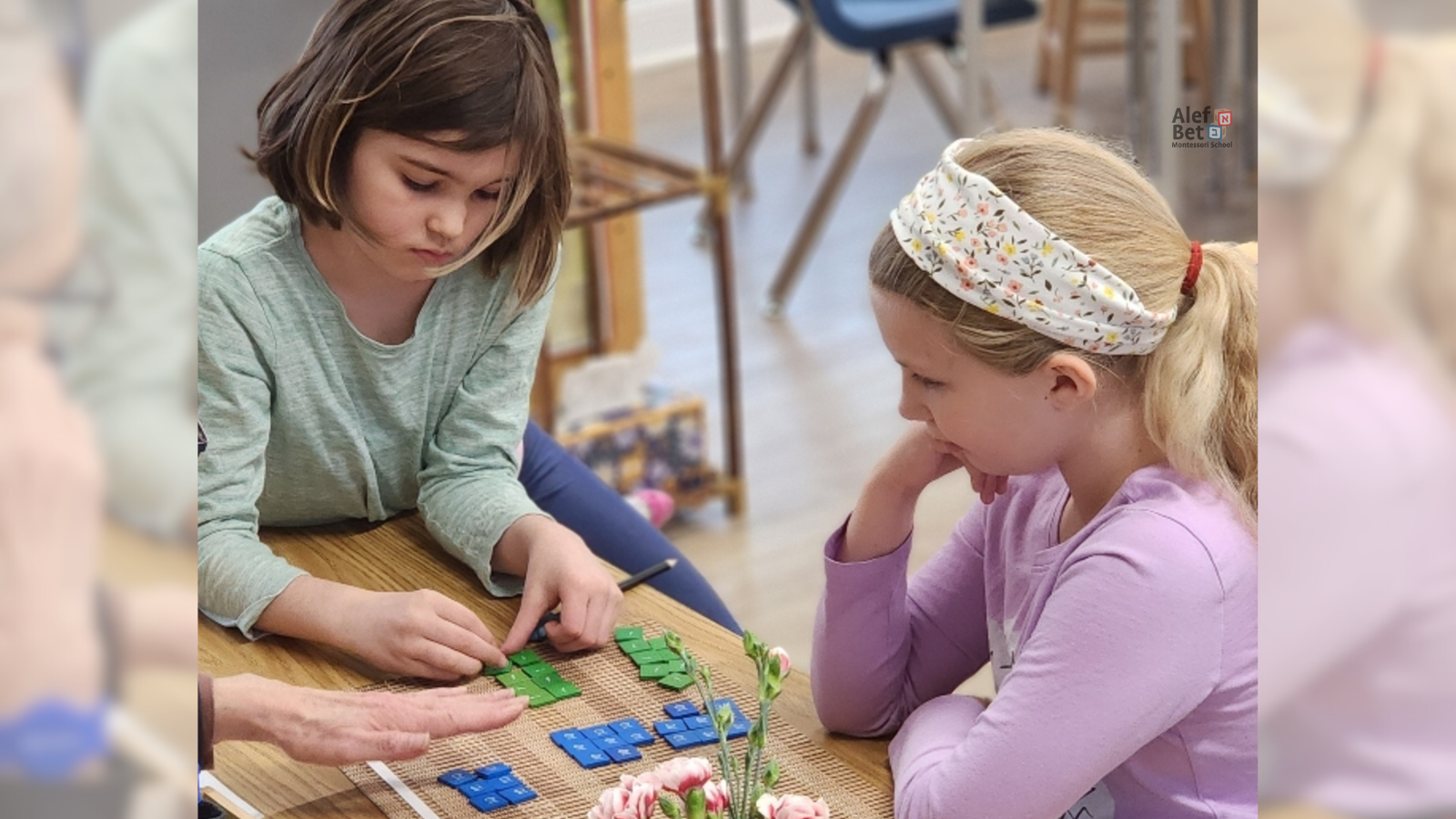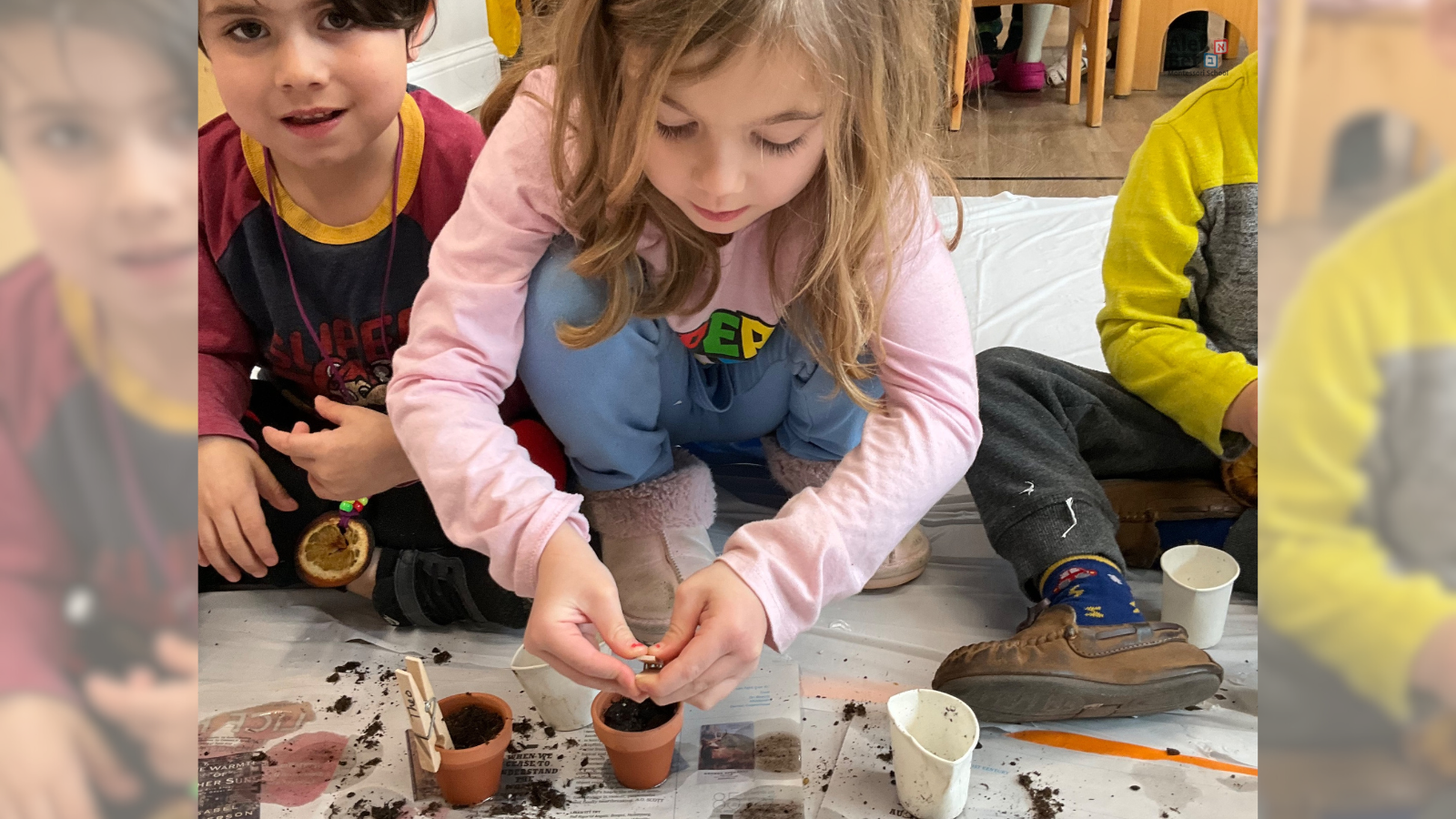A Taste of Tradition: Soup in the Sukkah
Where family, fun, and learning come together
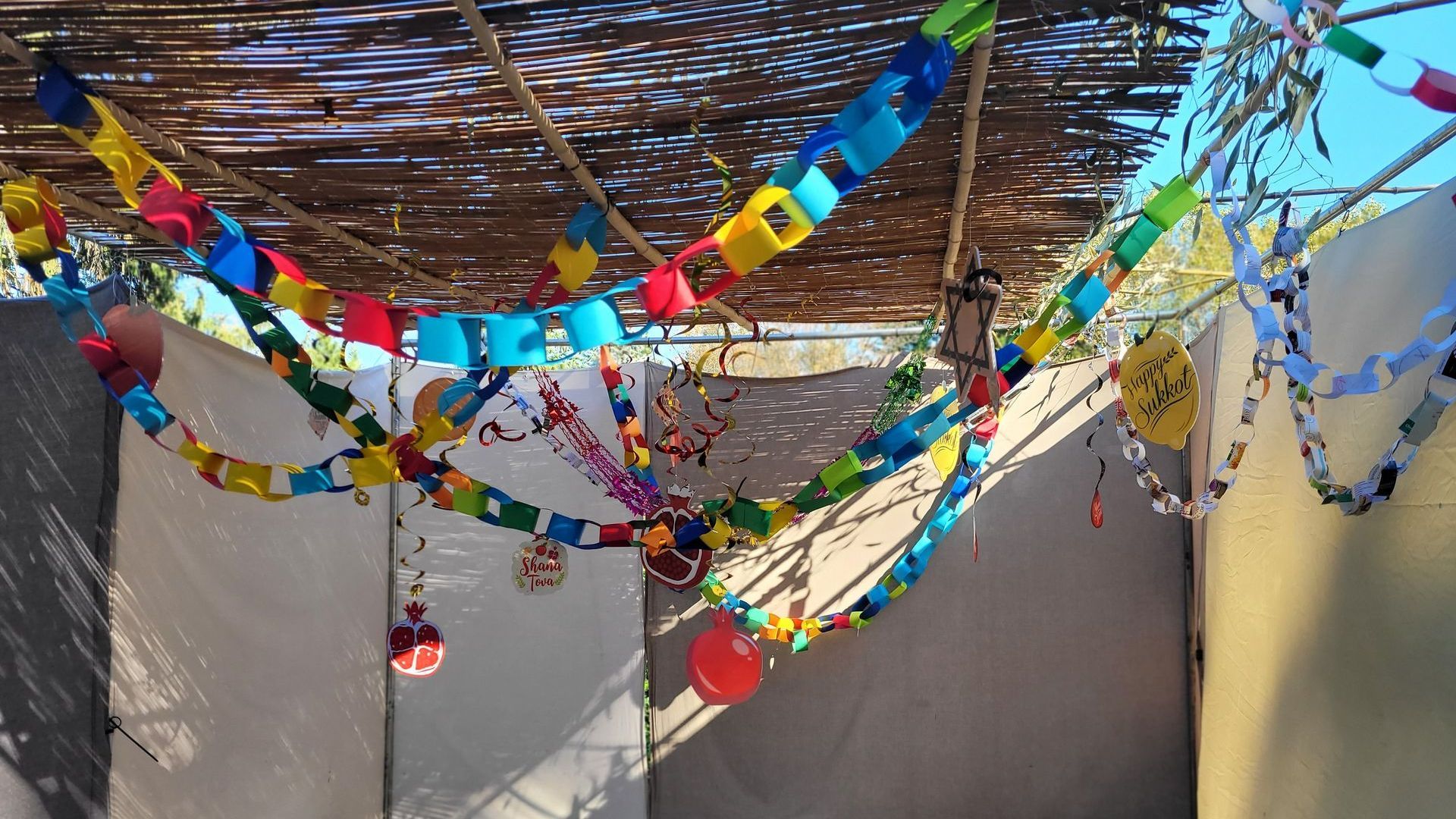
At Alef Bet Montessori, community is at the heart of everything we do, and our recent Soup in the Sukkah event was a beautiful reflection of that. Parents joined their children in our school’s סוכה (sukkah) to celebrate the holiday of Sukkot with a warm, family-centered gathering over a simple, comforting meal of soup.
It was a proud moment for our students, who eagerly showed off their knowledge of Sukkot. While in the sukkah, they answered questions in a lively call-and-response, sharing everything from the structure of a kosher sukkah and the סכך (schach) to the לולב (lulav) and אתרוג (etrog)—the special plants used in the holiday’s daily rituals. Watching them respond with such confidence and excitement was a true highlight, showing the joy of learning that we nurture every day.
The event wasn’t all about education, though! After the meal, families had a blast participating in a Sukkot-themed obstacle course, bringing energy and laughter to the celebration. It was a day full of connection and fun, creating memories that we know families will cherish.
Soup in the Sukkah gave us a chance to strengthen the bonds between families, students, and our school community. These shared experiences truly reflect our commitment to fostering a love of learning, tradition, and togetherness.
At Alef Bet Montessori, we believe in creating meaningful moments that shape not only the educational journey of each child but also their sense of belonging. We’re excited to continue building a vibrant, supportive community for families who value learning that goes beyond the classroom and lasts a lifetime.
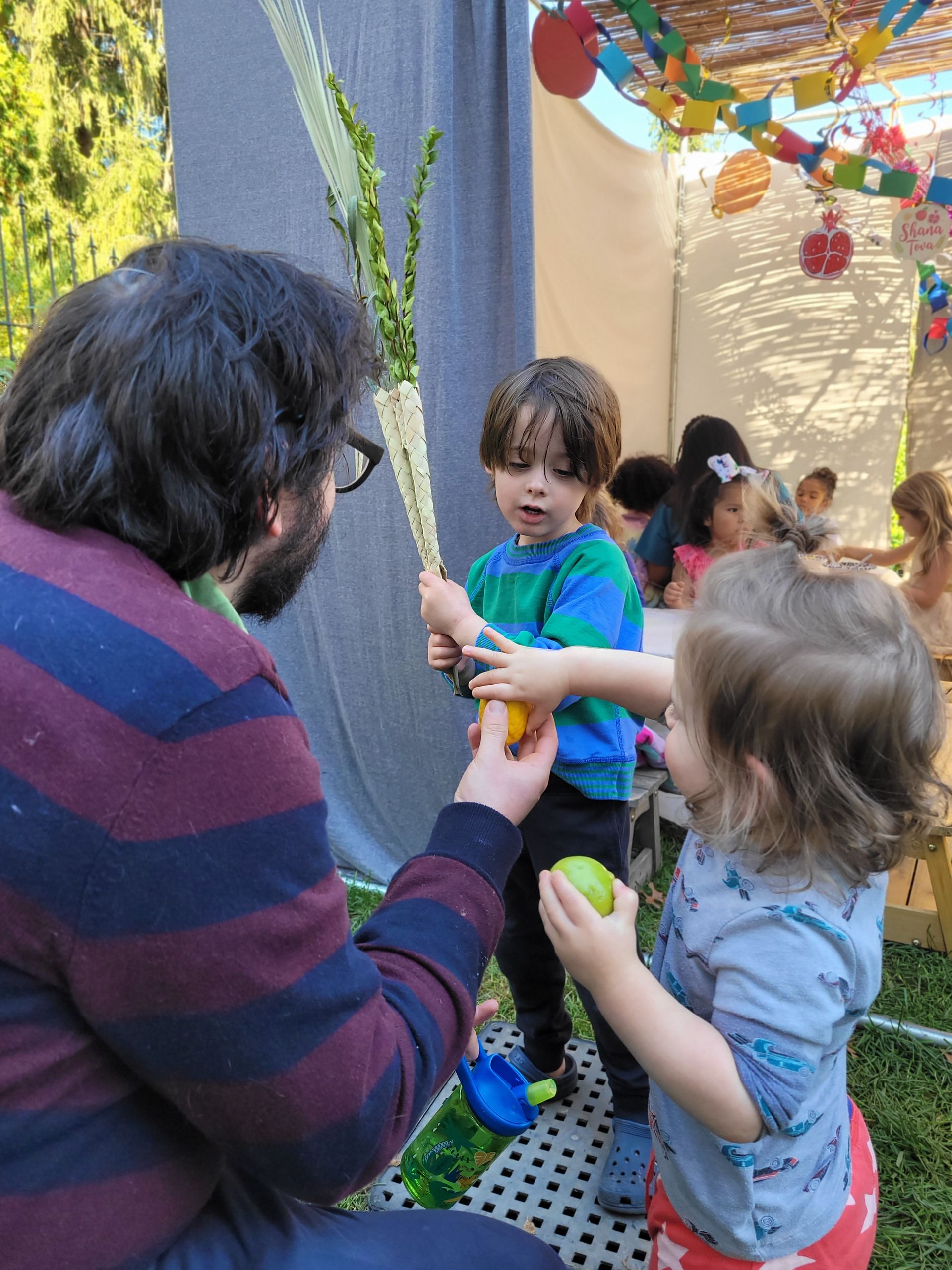
Slide title
Write your caption hereButton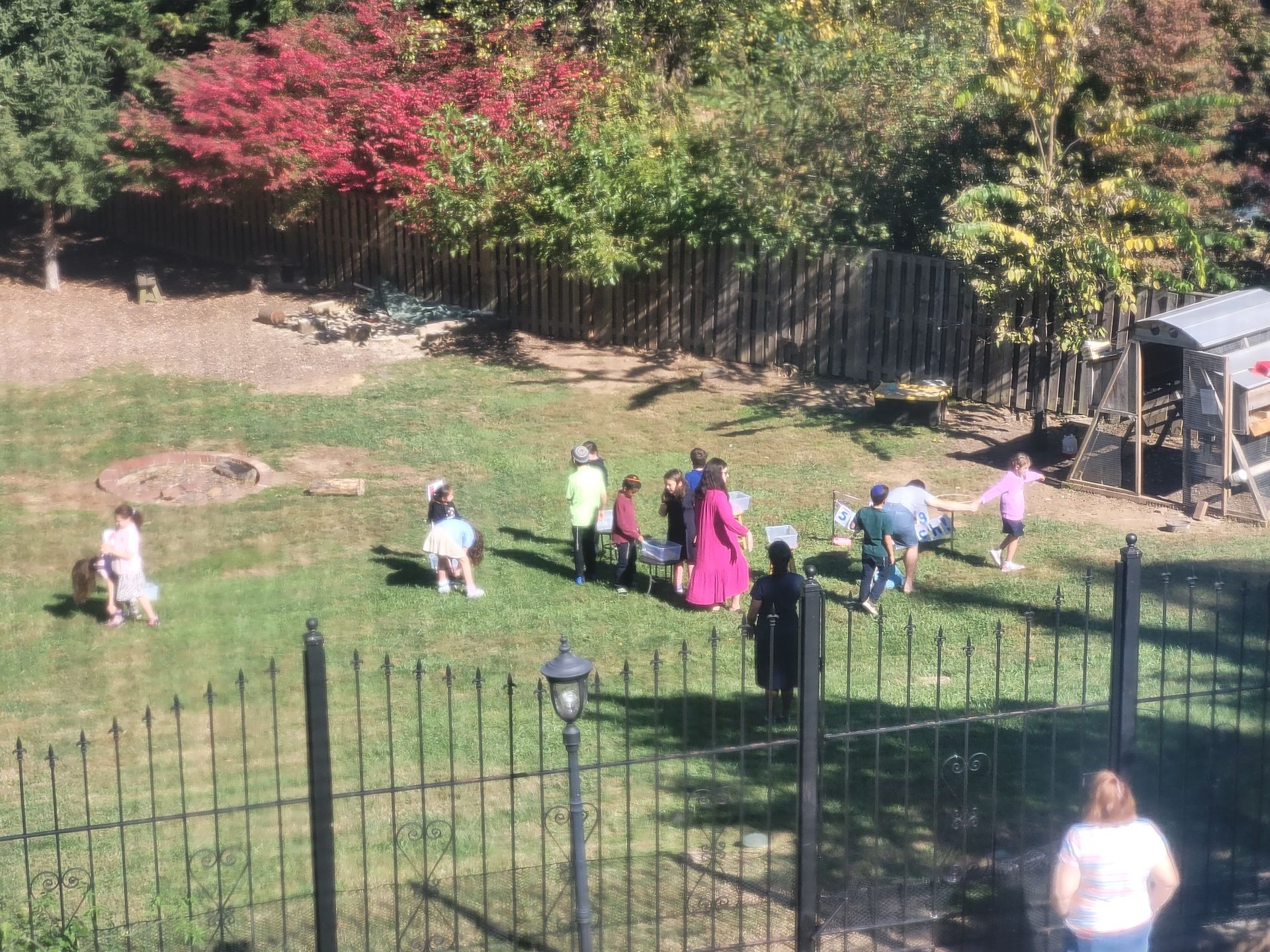
Slide title
Write your caption hereButton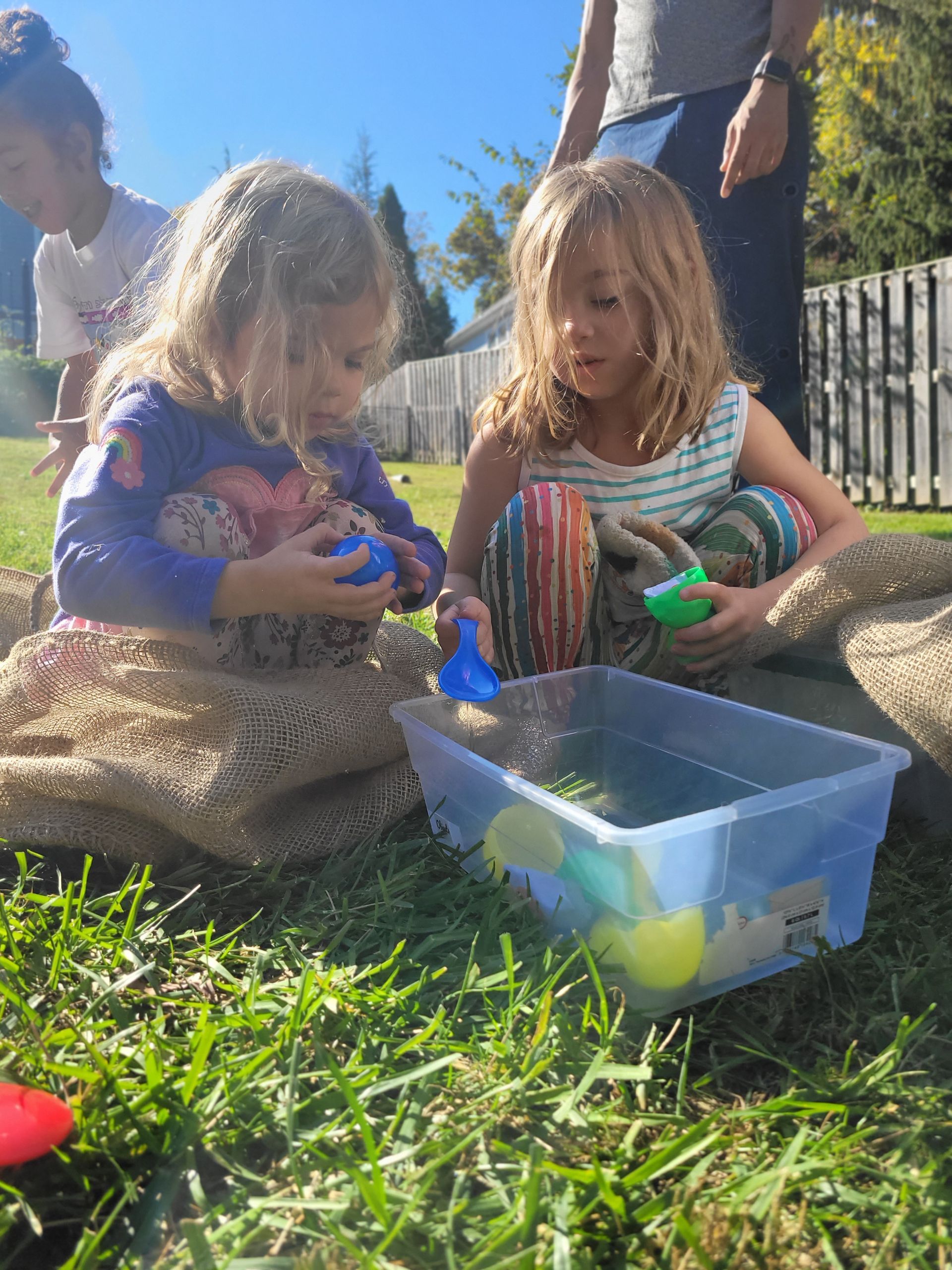
Slide title
Write your caption hereButton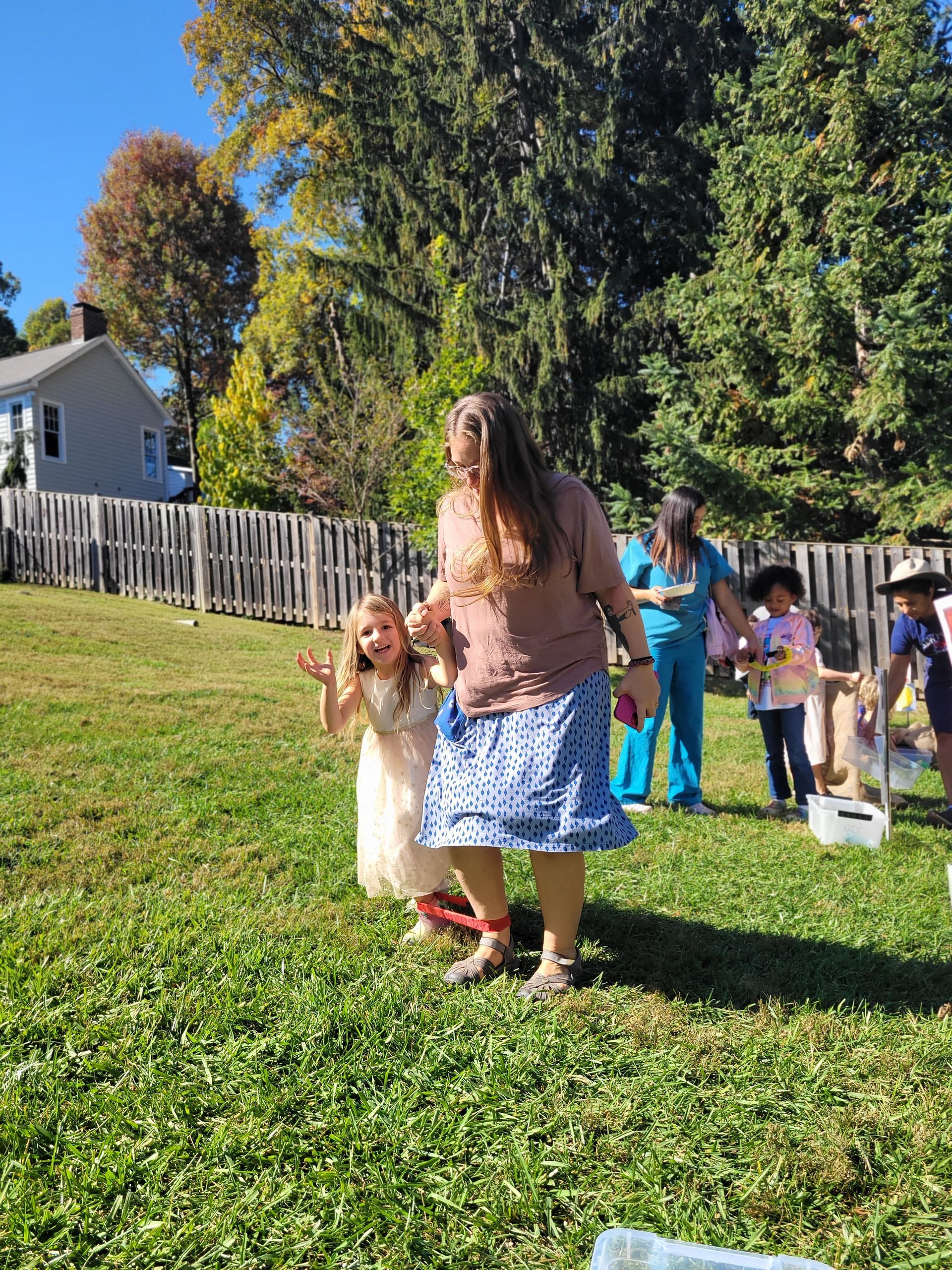
Slide title
Write your caption hereButton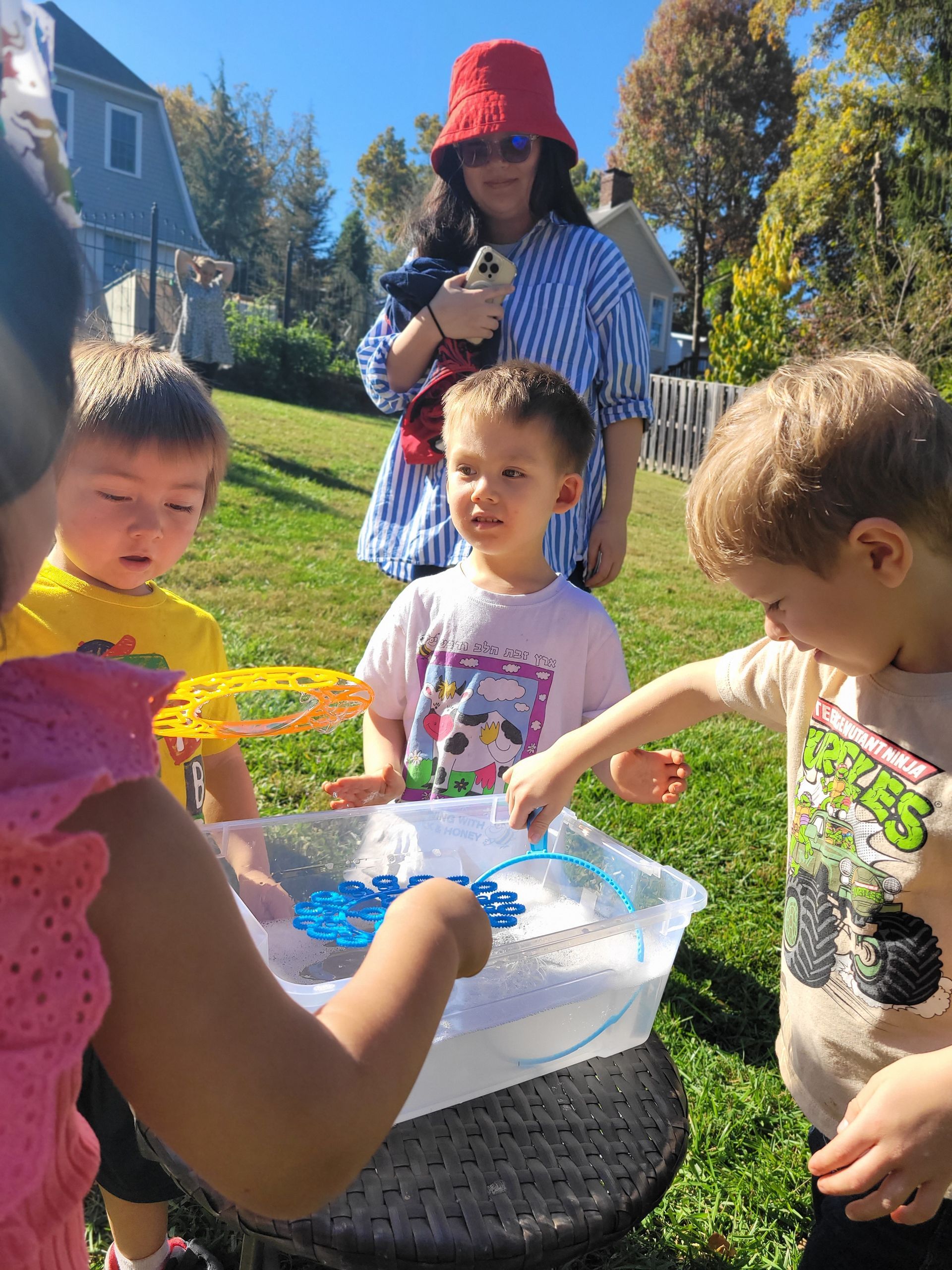
Slide title
Write your caption hereButton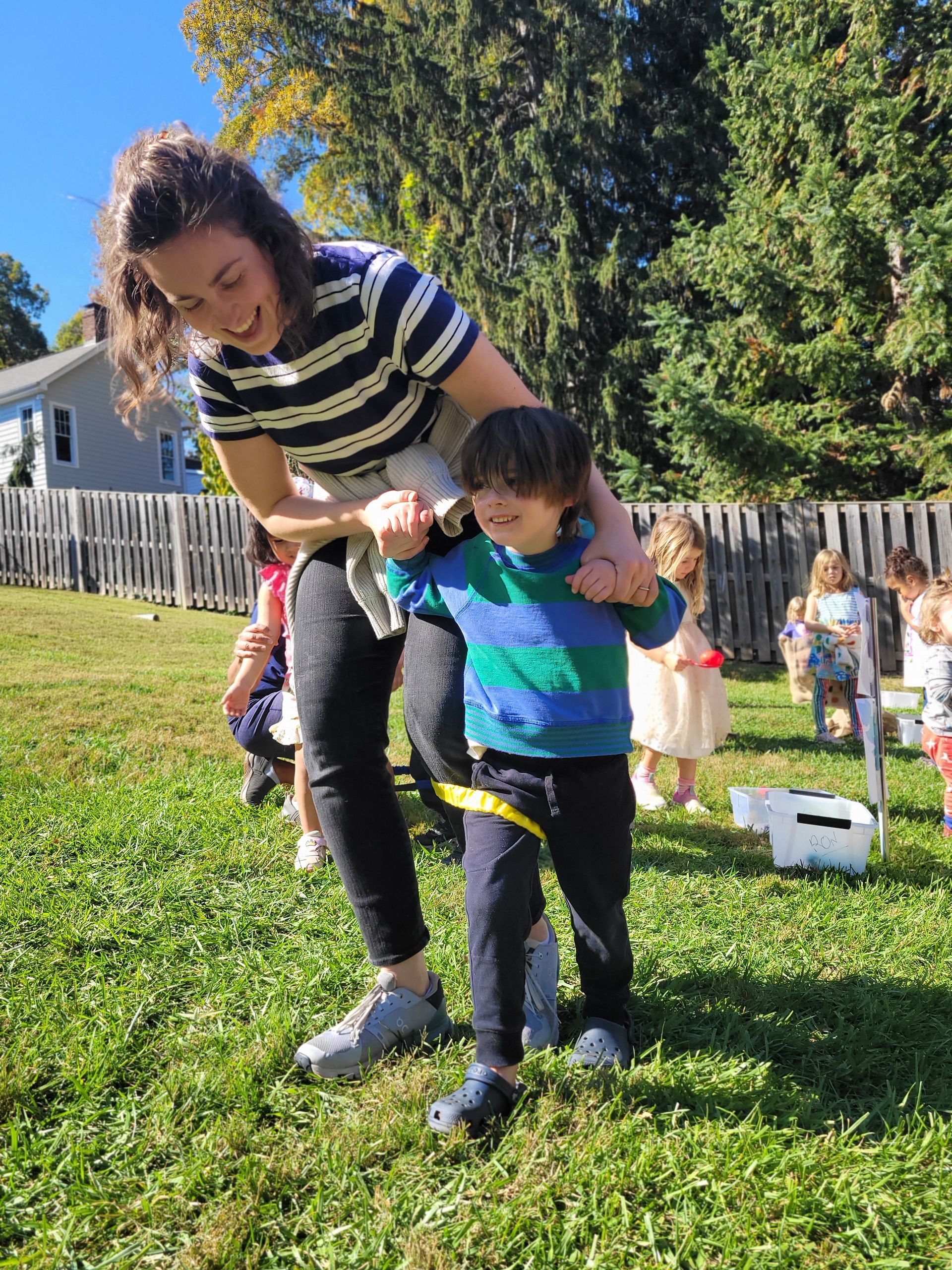
Slide title
Write your caption hereButton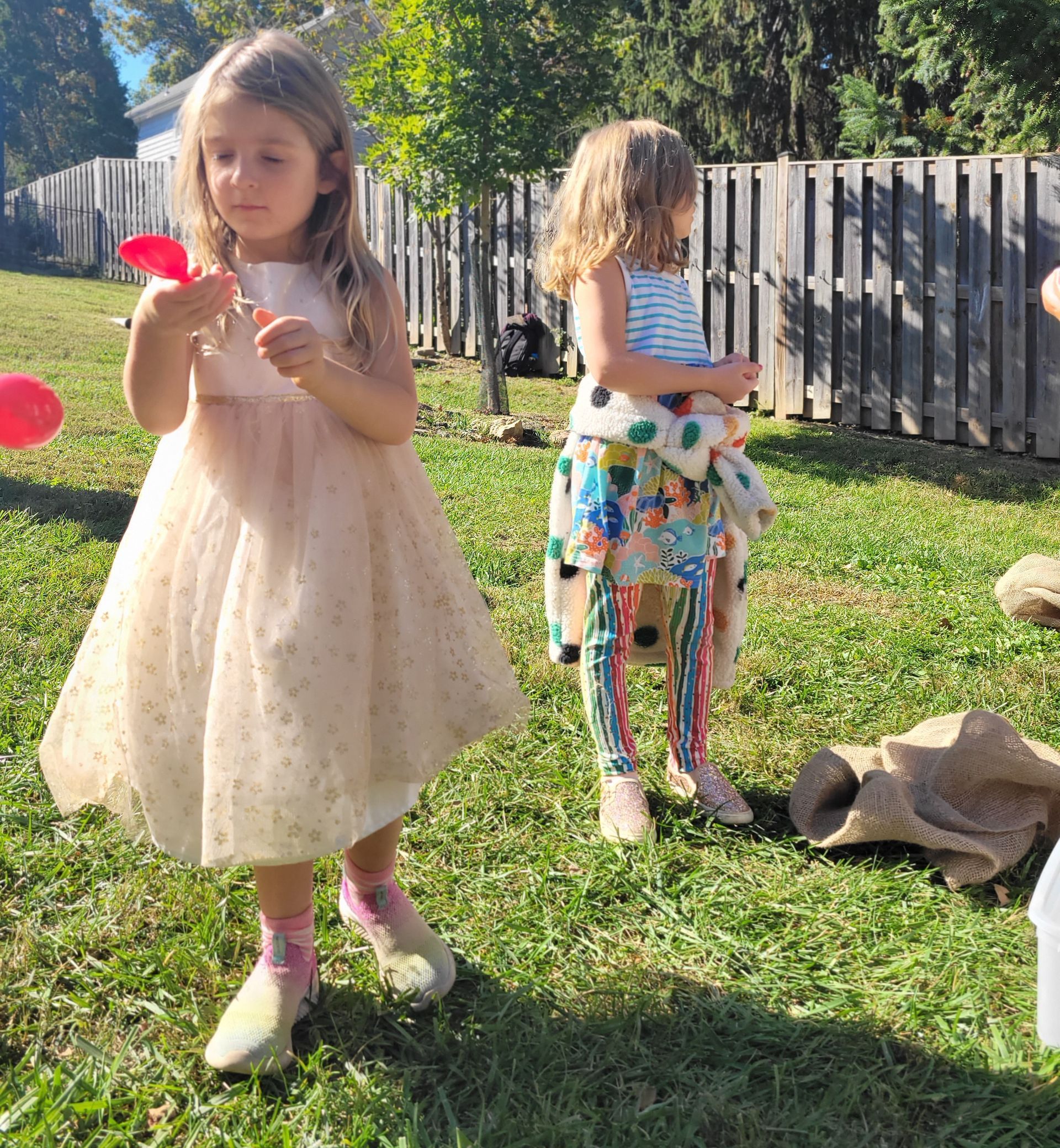
Slide title
Write your caption hereButton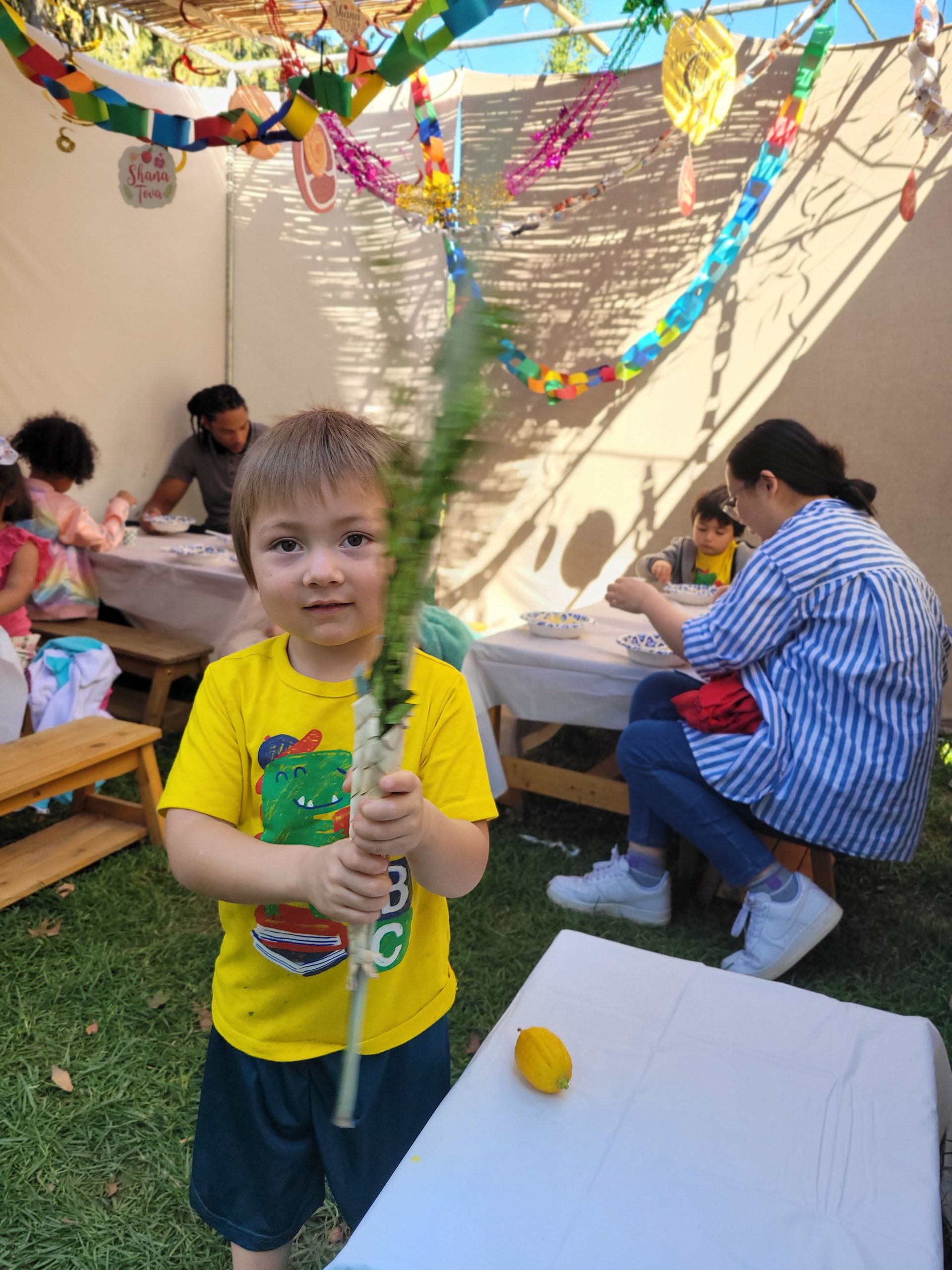
Slide title
Write your caption hereButton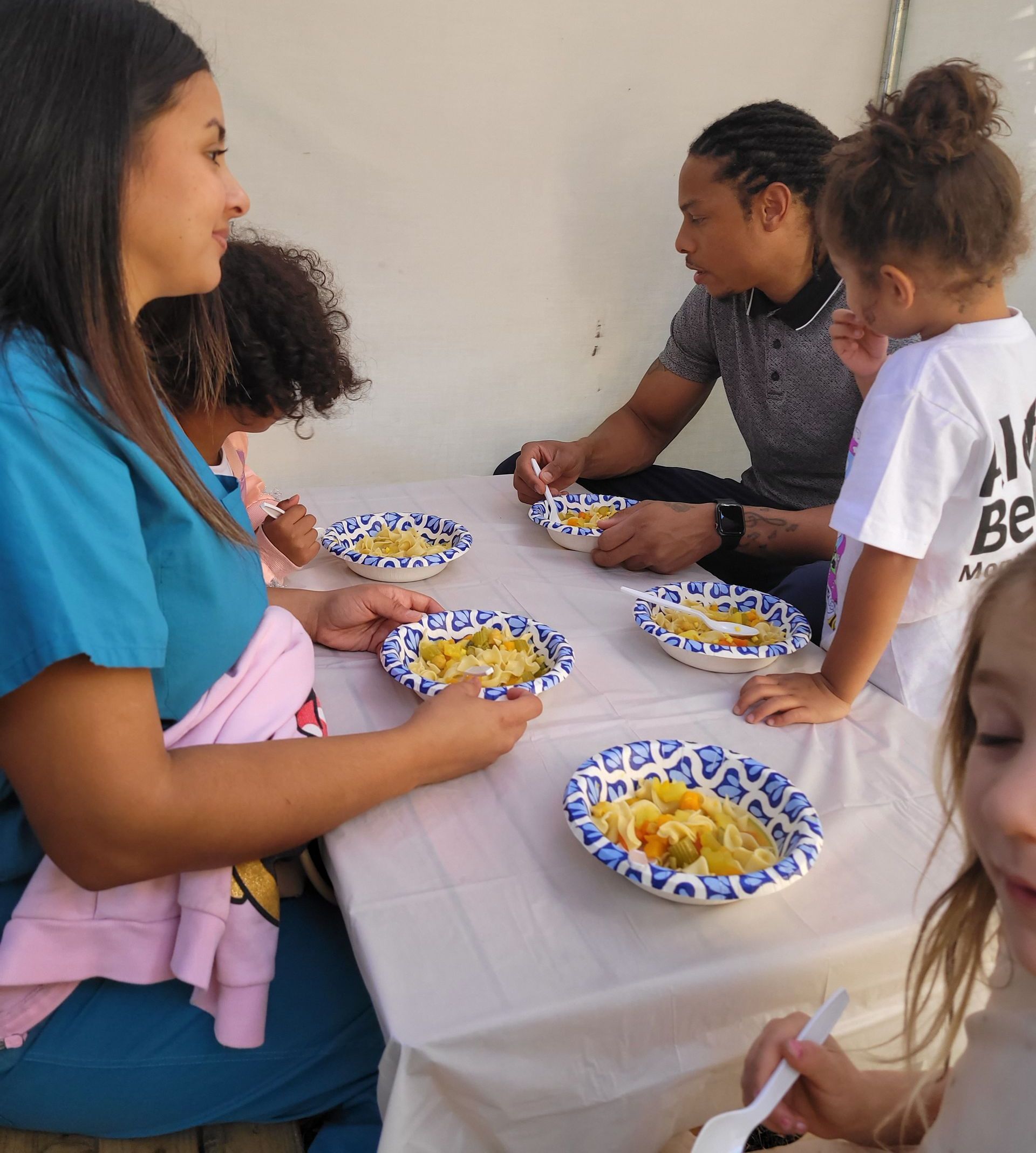
Slide title
Write your caption hereButton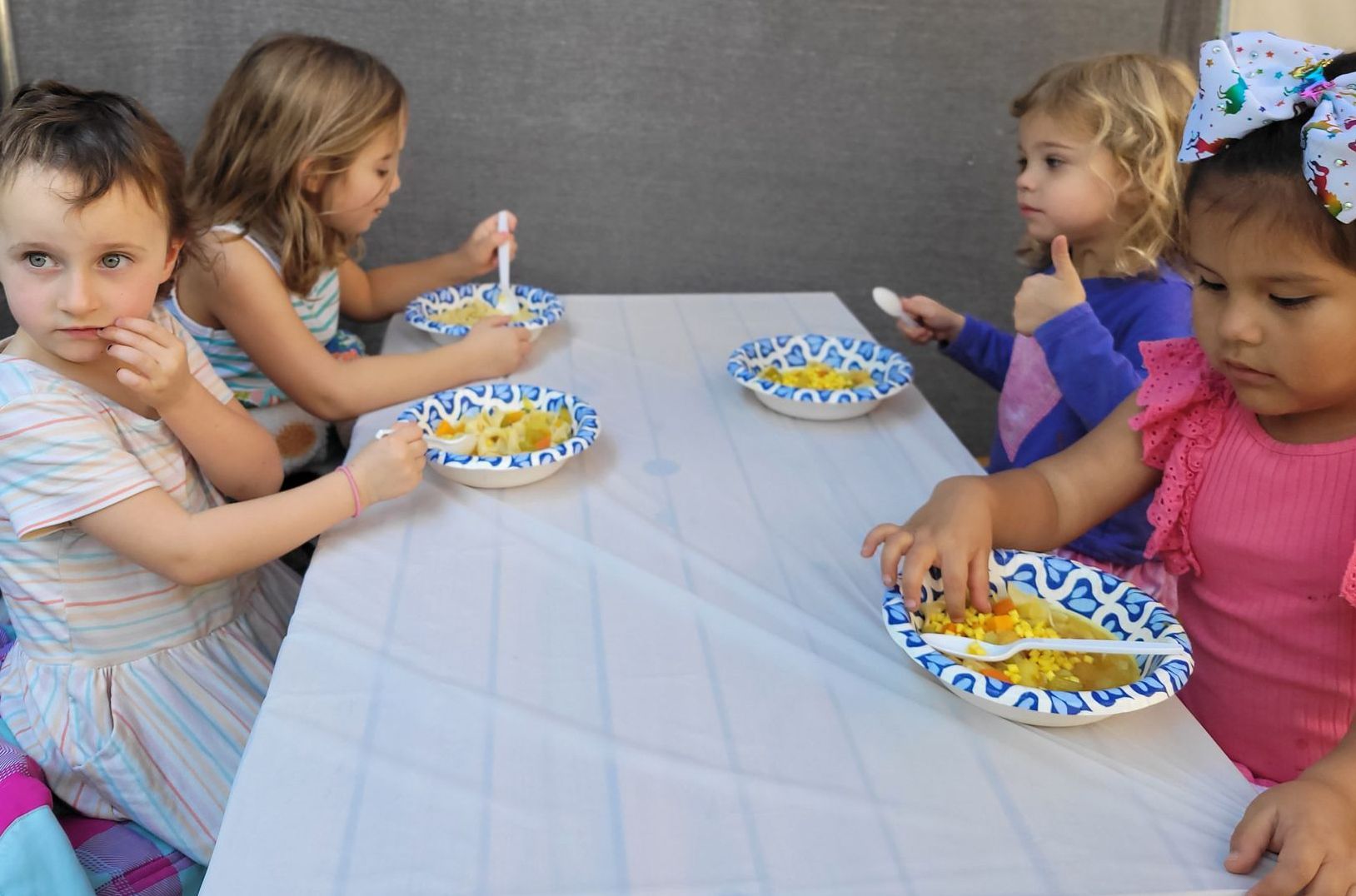
Slide title
Write your caption hereButton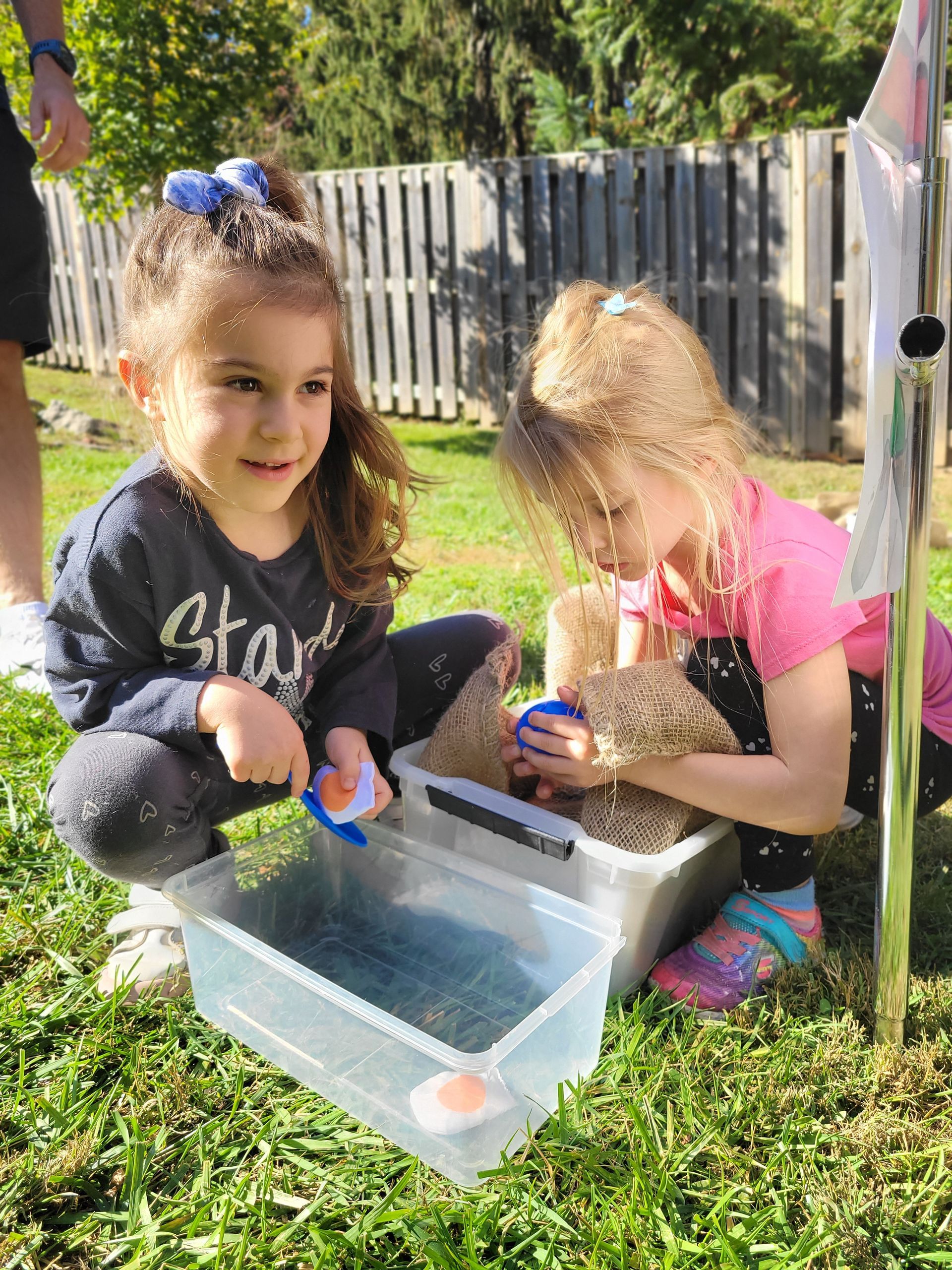
Slide title
Write your caption hereButton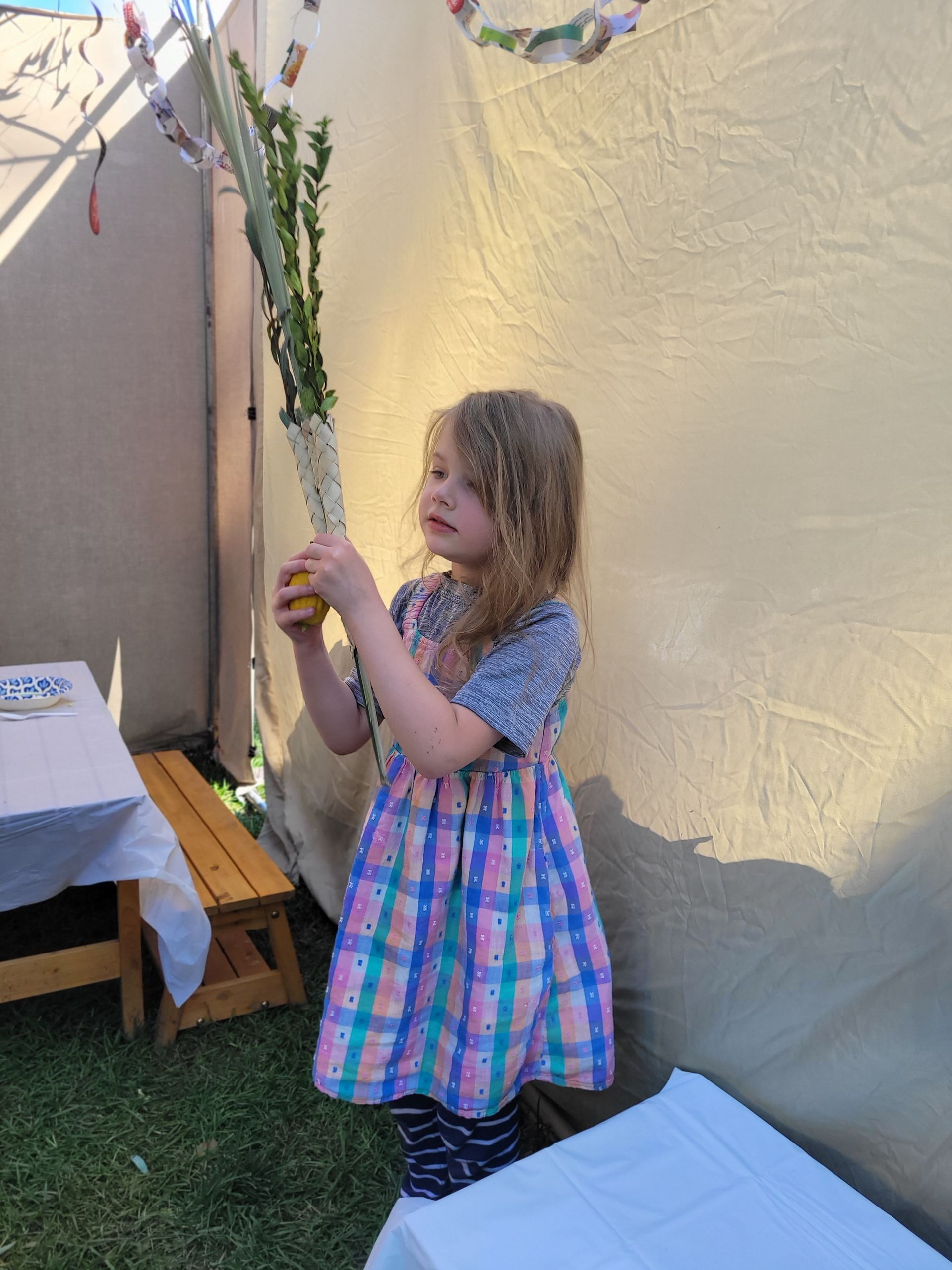
Slide title
Write your caption hereButton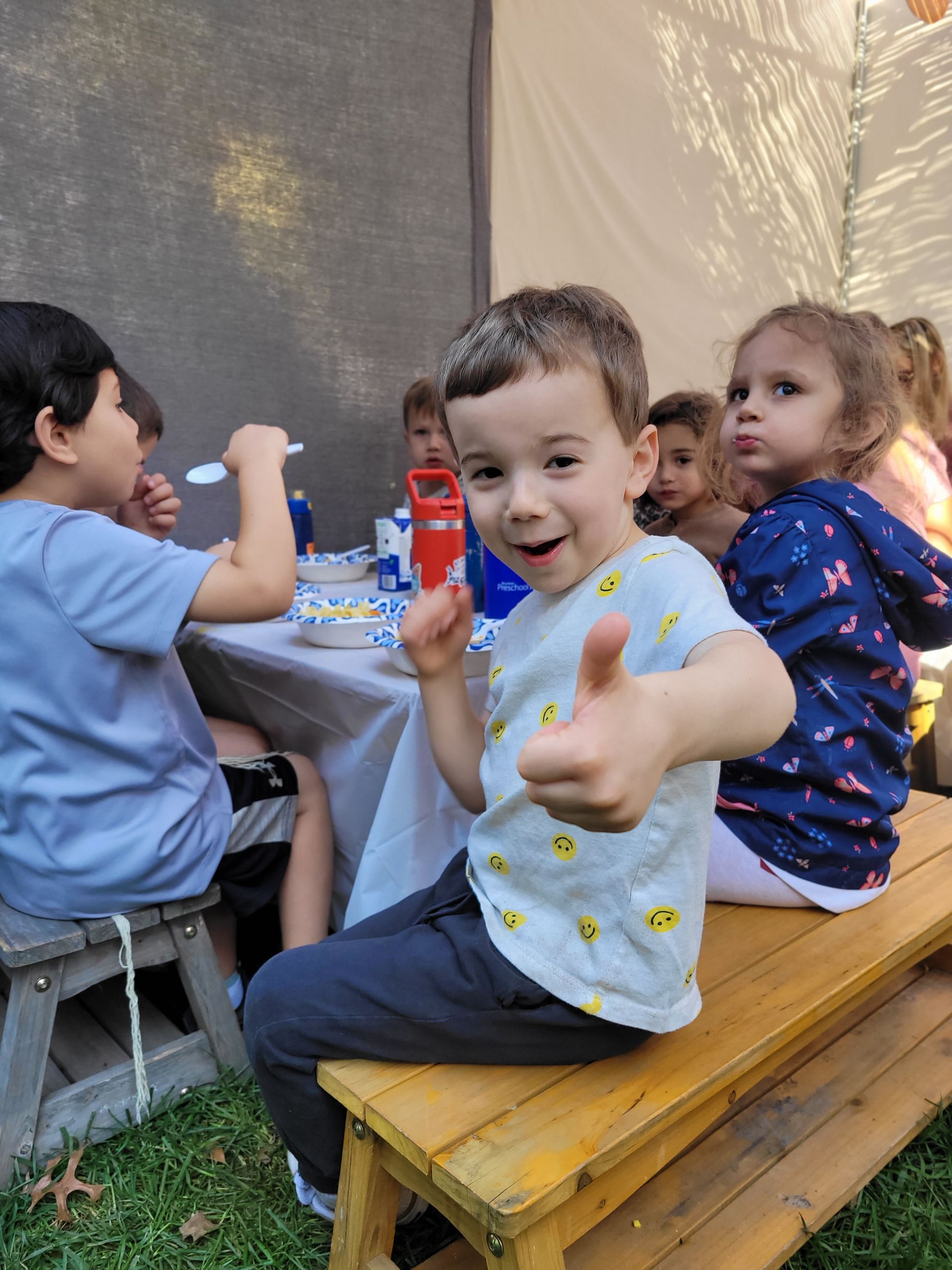
Slide title
Write your caption hereButton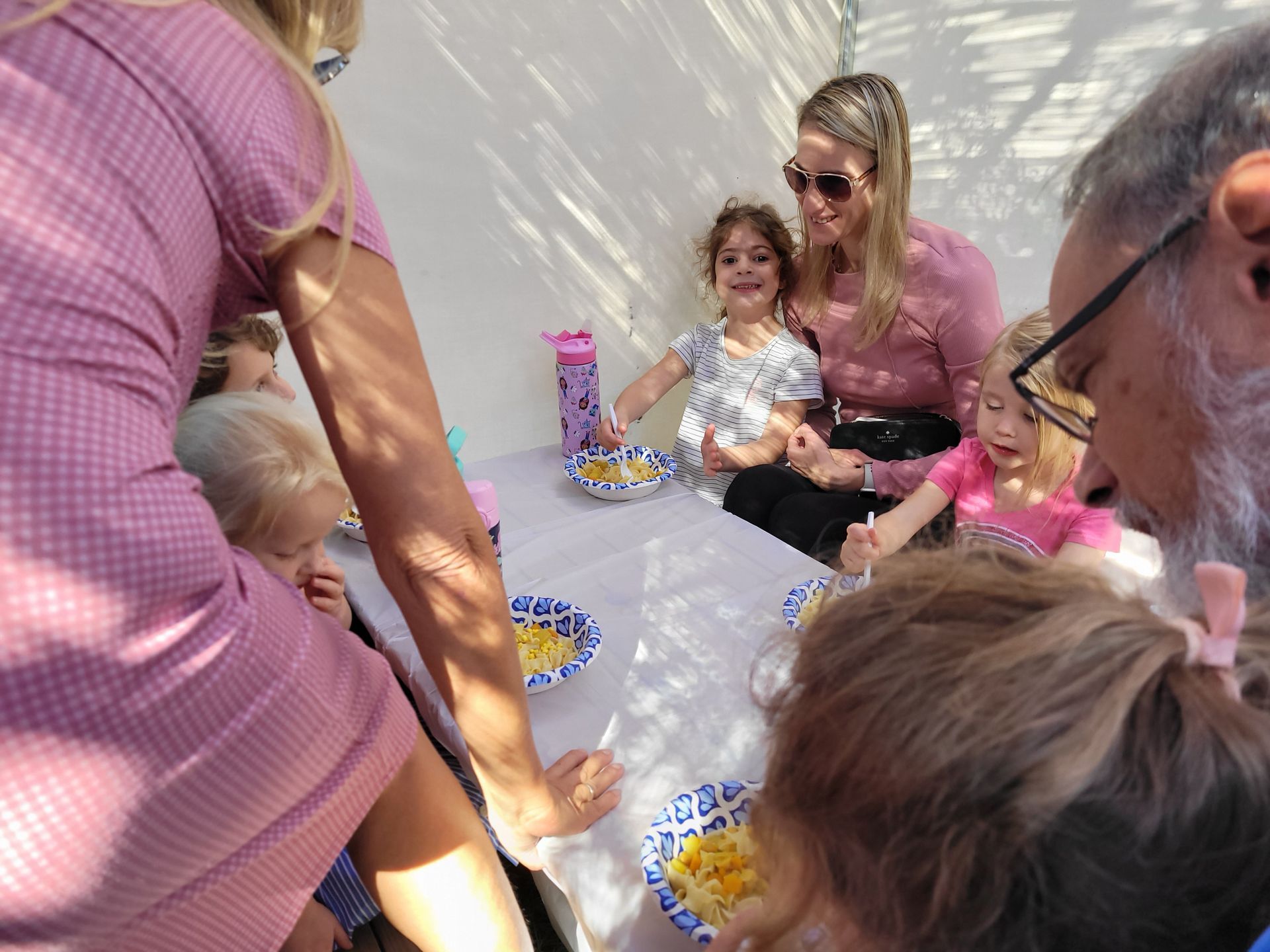
Slide title
Write your caption hereButton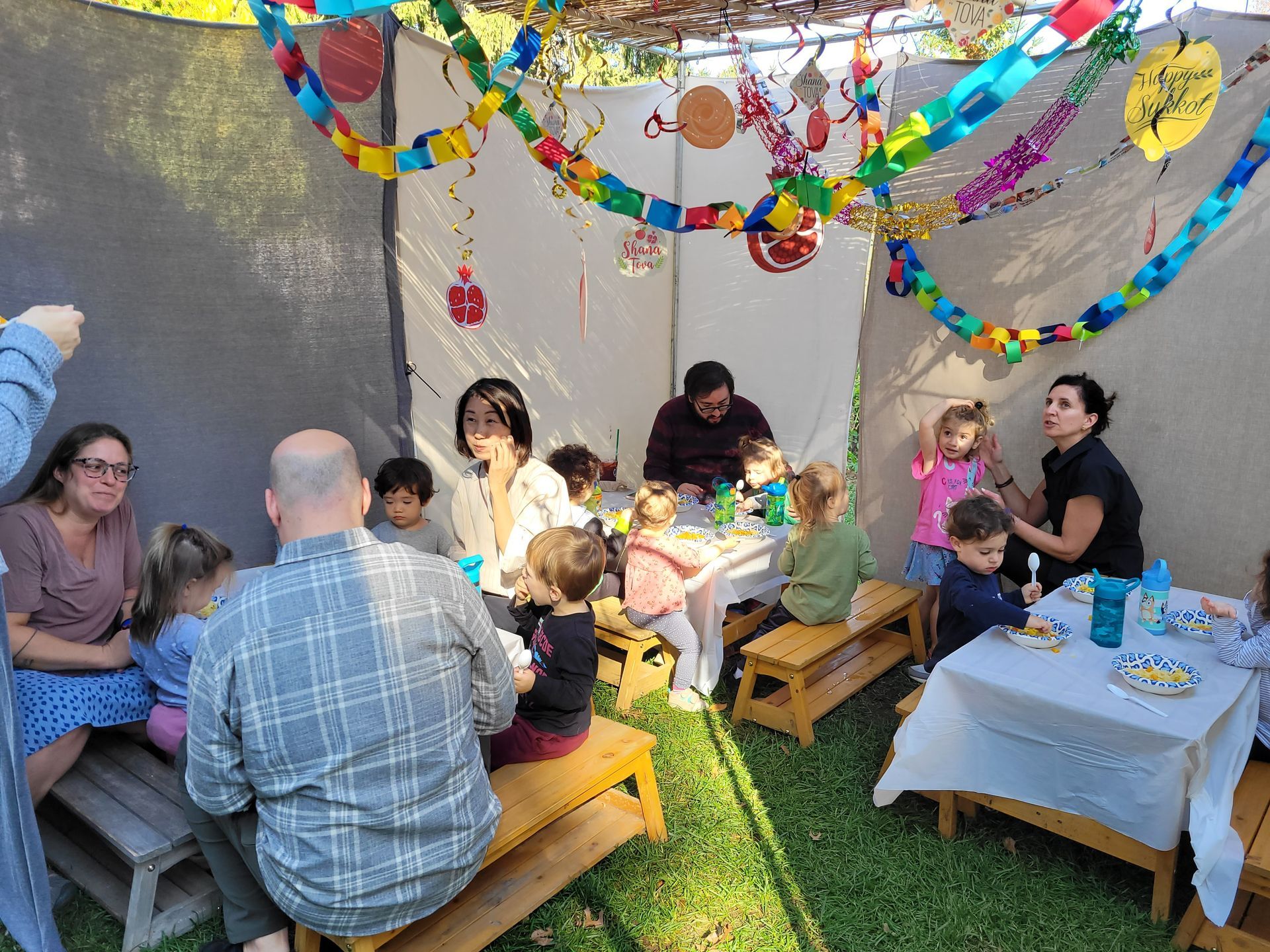
Slide title
Write your caption hereButton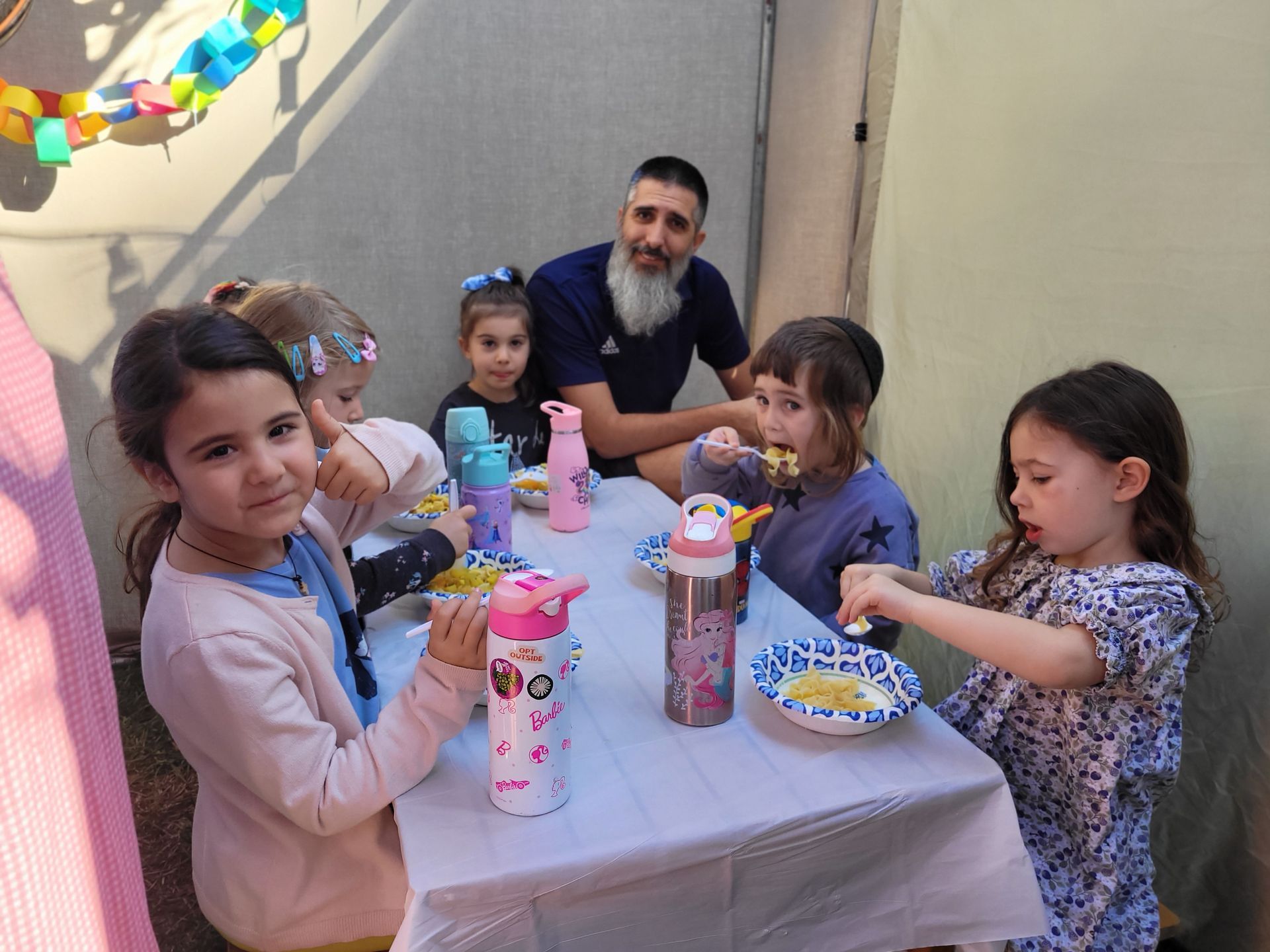
Slide title
Write your caption hereButton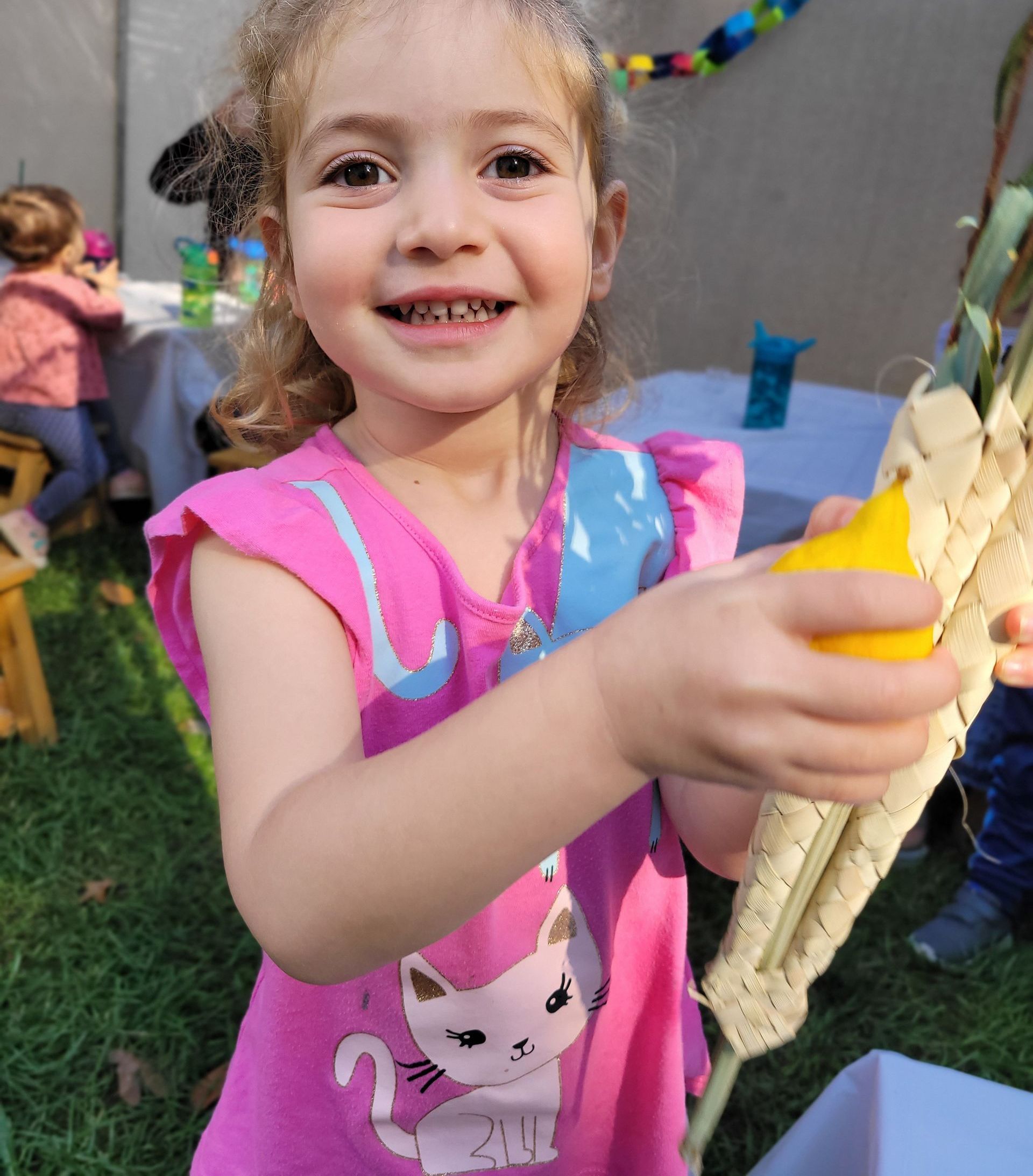
Slide title
Write your caption hereButton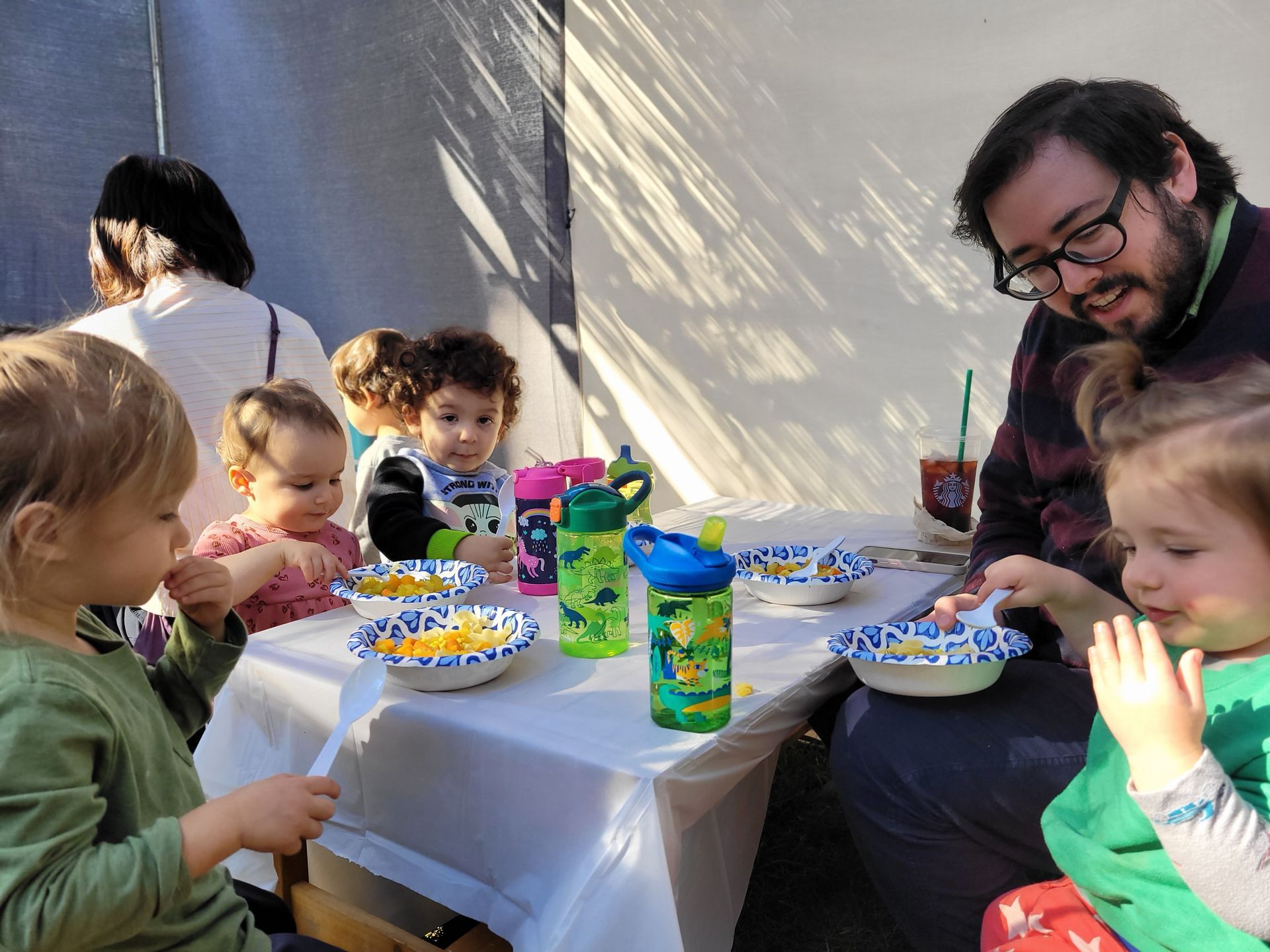
Slide title
Write your caption hereButton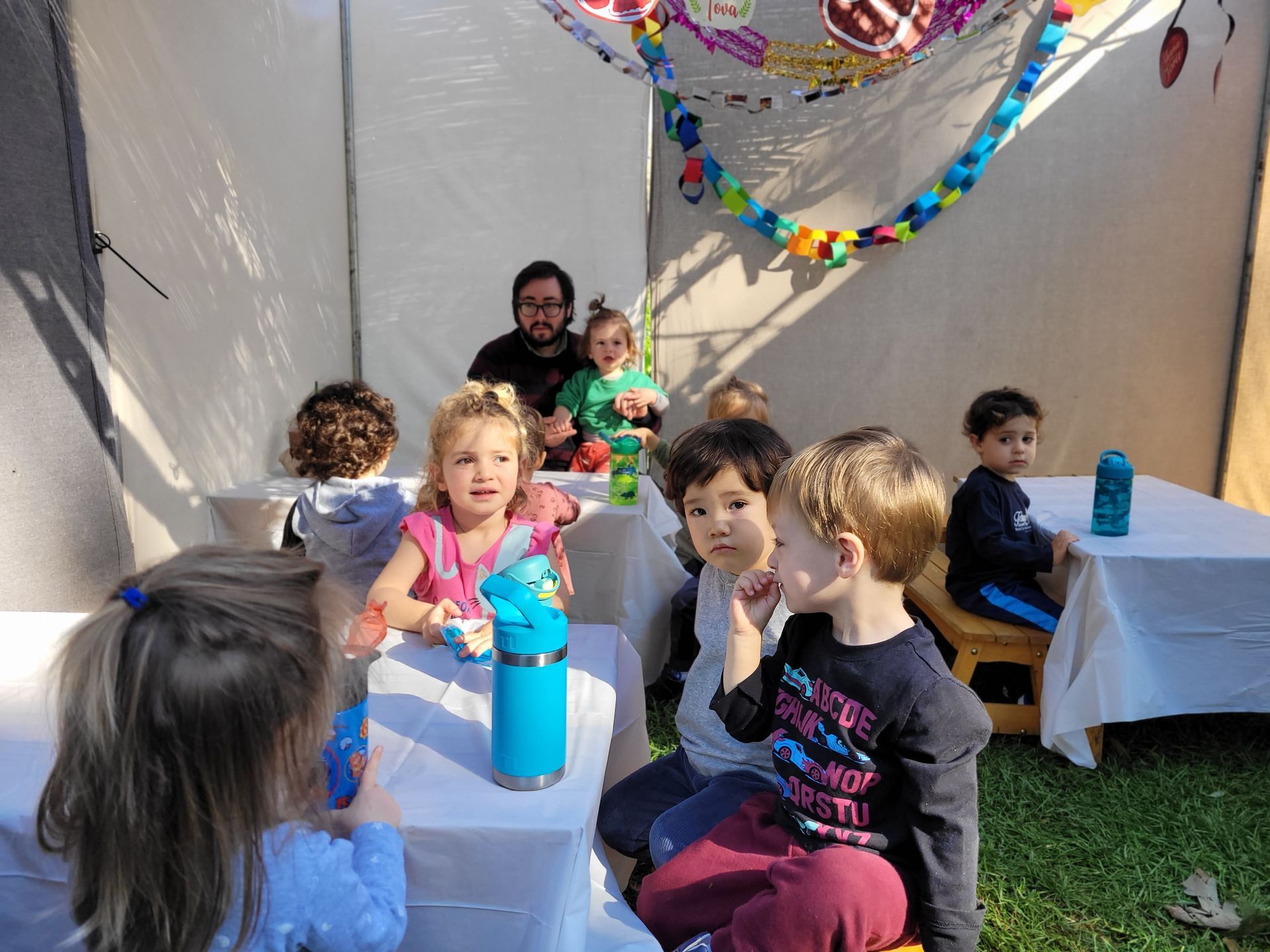
Slide title
Write your caption hereButton
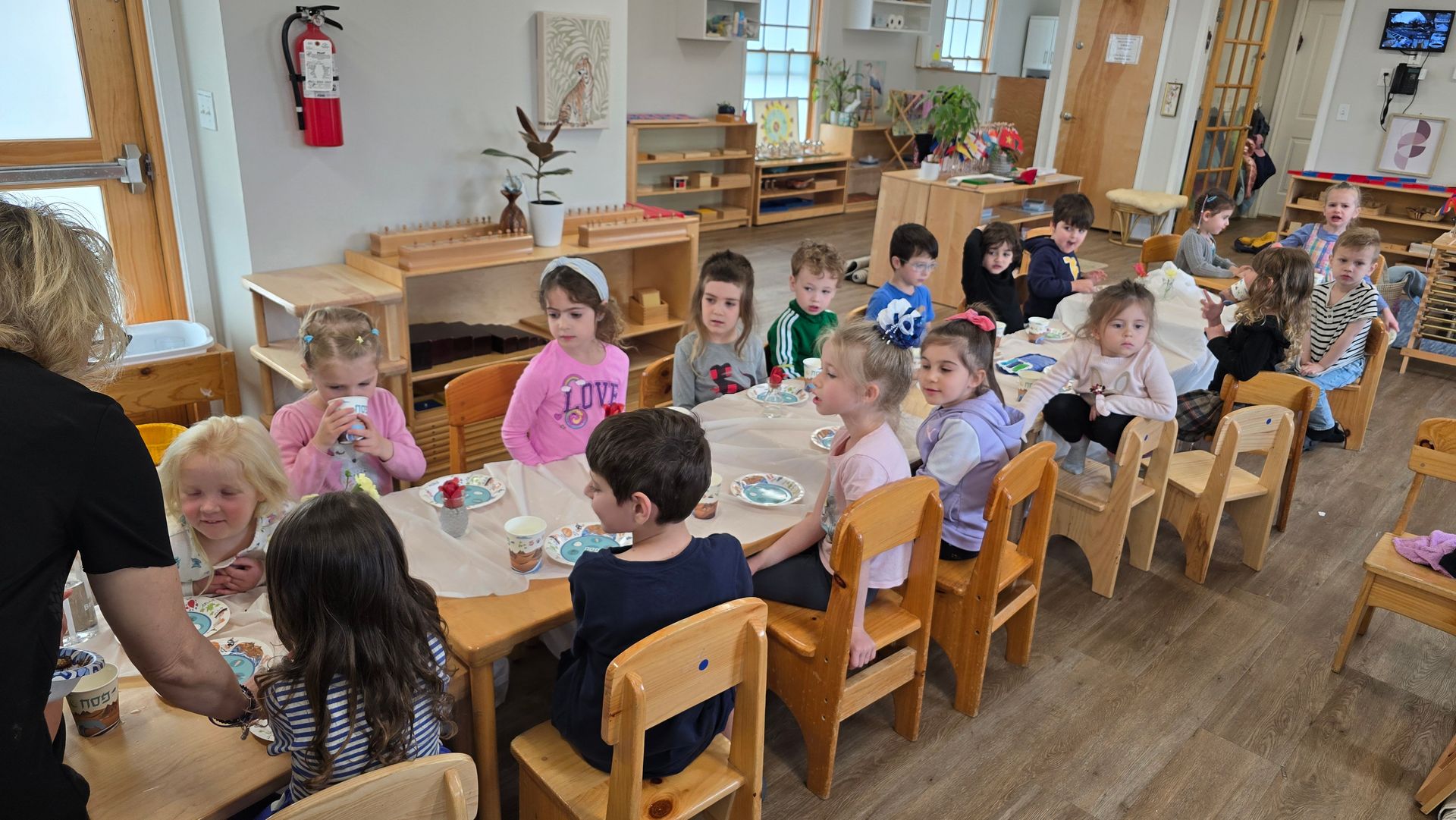
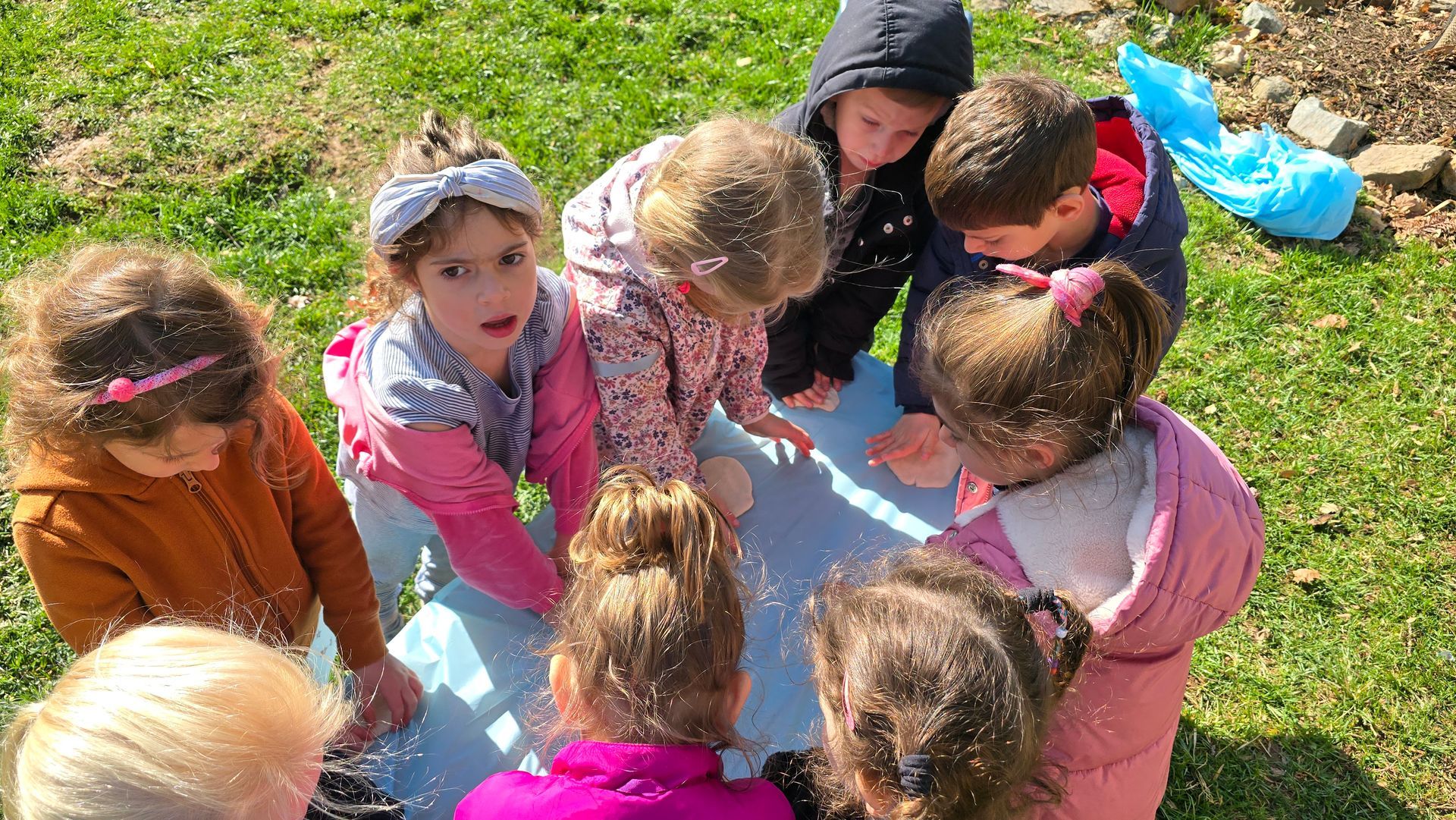
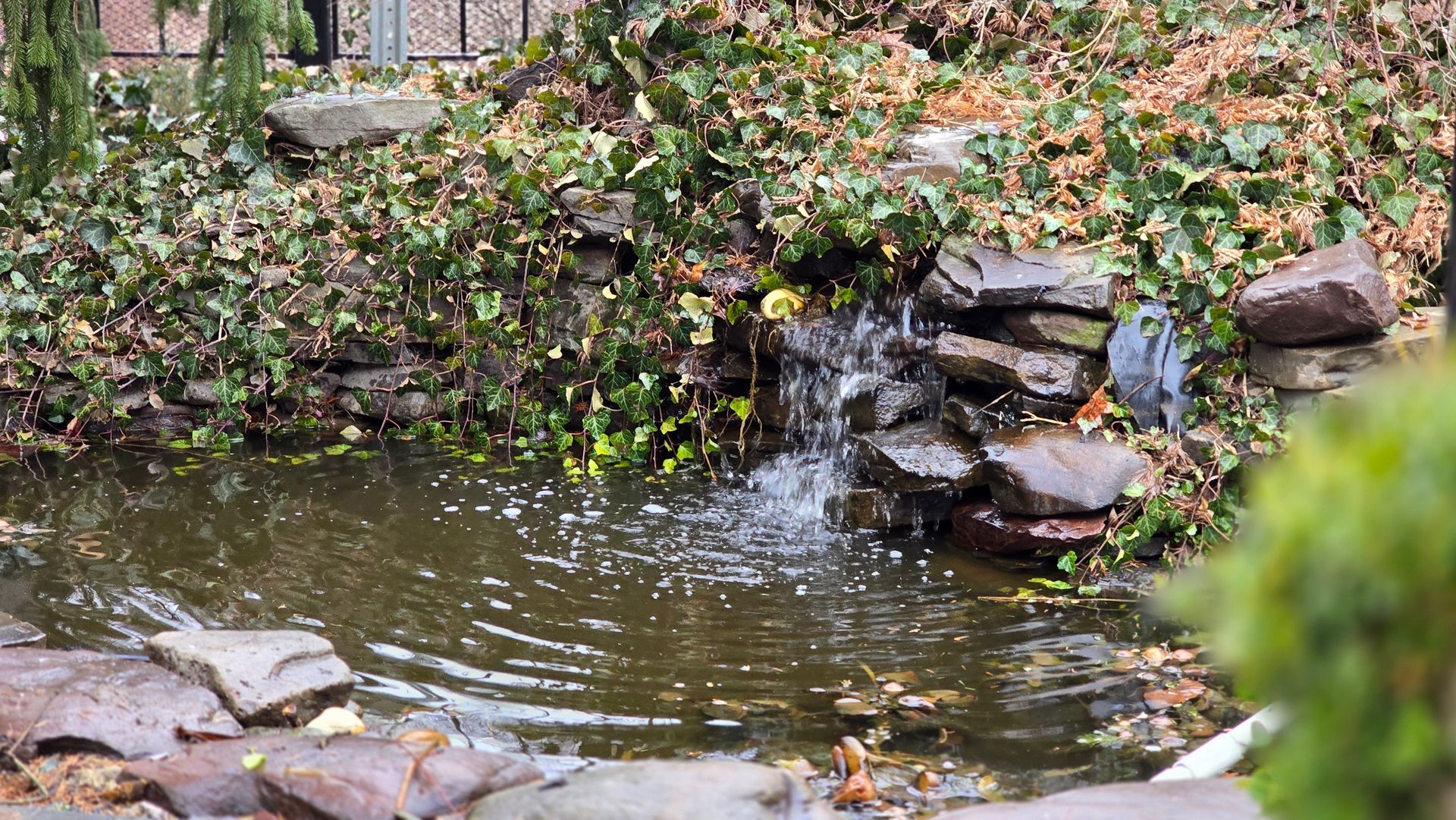
OPENING HOURS
Elementary 8:15 - 3:00
Primary 8:15 - 3:00
Toddlers 8:30 - 2:45
Aftercare 3:00 - 5:00
PROGRAMS
Alef Bet Montessori School
Alef Bet Montessori School
